Conference 2023: Capitol-izing on Innovation: March 9-11, 2023
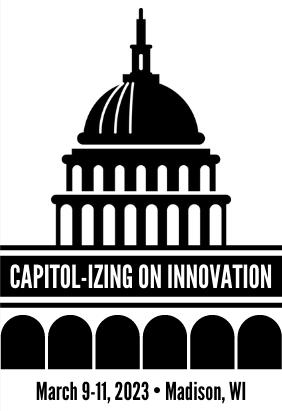 By Corinne Michor & Patrick Mootz
By Corinne Michor & Patrick Mootz
We are well on our way to developing a great conference for you, which is coming up very soon! Be sure to save the date and work with your employer to take time off for this great networking and learning event.
From the President
WSST President, Kristin Michalski
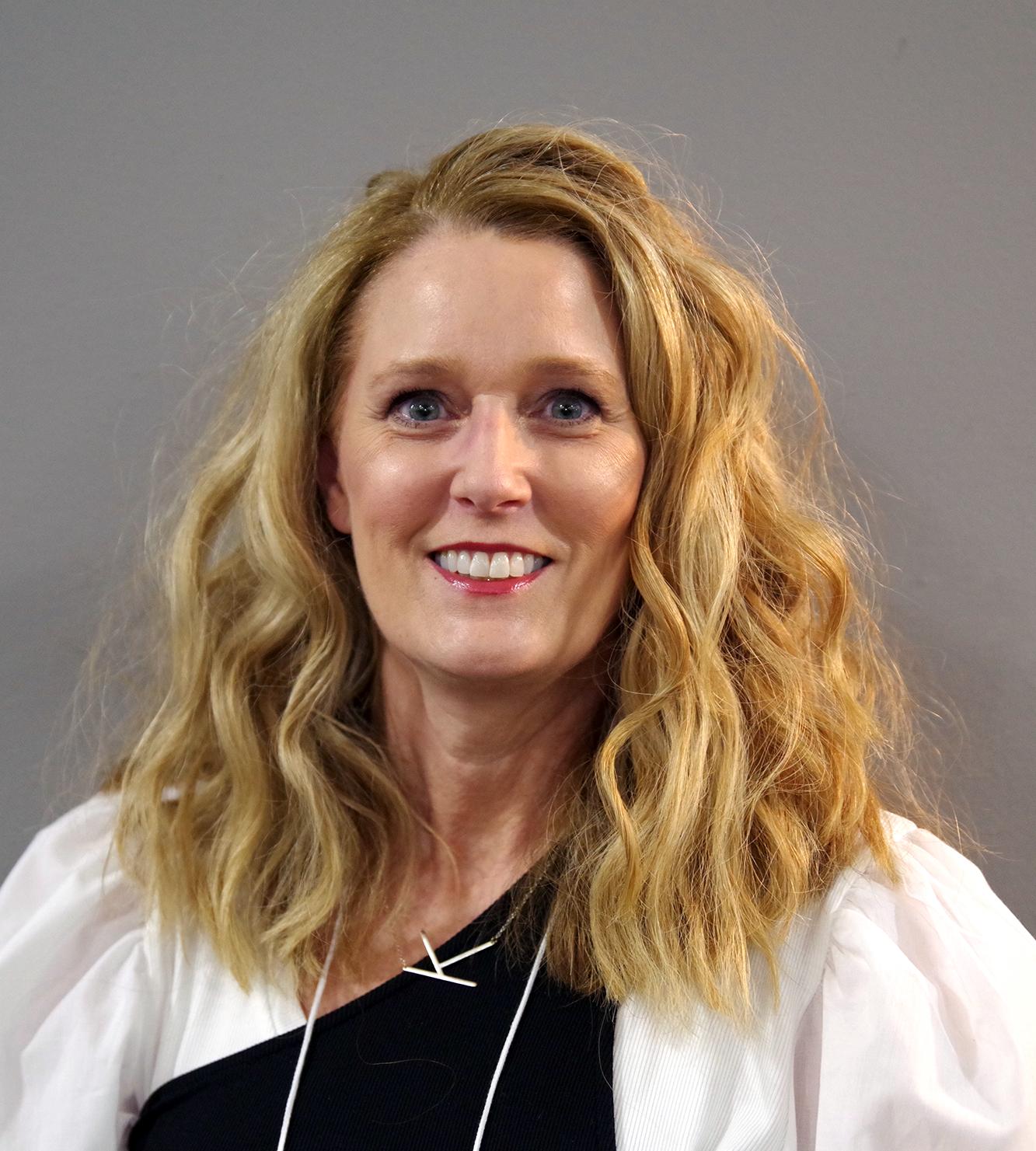
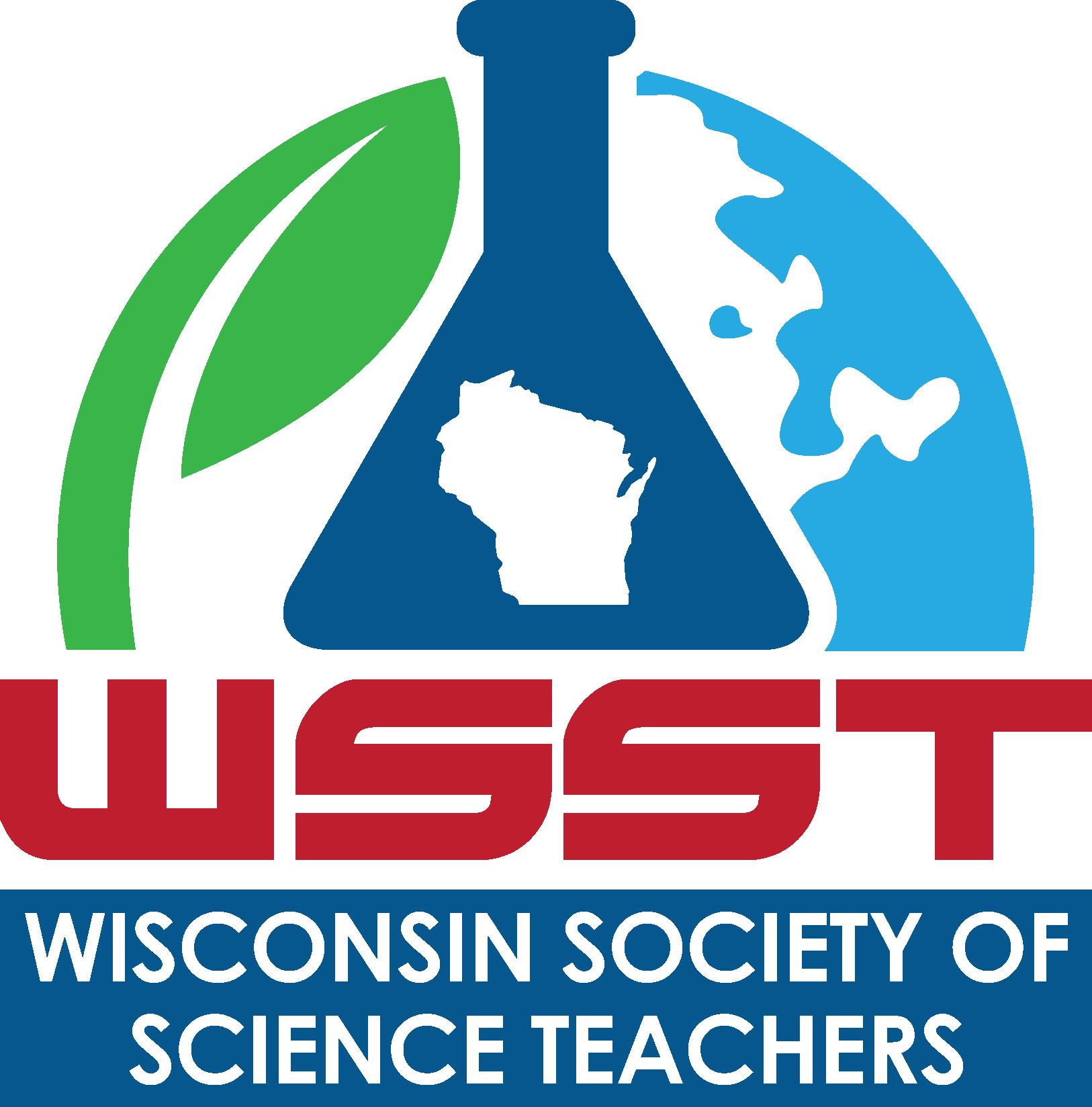
Belonging. Why does it matter? Maslow placed the need to belong in his hierarchy of needs, placing it above psychological and even safety needs. We are wired to belong. Evolution showed us that there was safety in numbers. Therefore, we are social creatures with a drive to connect. Without connection, we do not feel valued or supported emotionally and socially. We cannot be our authentic self. When we lack a sense of belonging, we are left with an unpleasant feeling, feeling like an outsider, or fearing we will be rejected. This is why we seek out organizations such as WSST.
In WSST, you find people with common interests and aspirations, a community. The importance of community can-
continued on page 4
Come to the conference to network, share, and learn. We have over 150 presentations to select from, numerous workshops, and 73 vendor booths to see. Furthermore, there will be informal networking sessions where you can swap stories and share ideas with other science
continued on page 4
Inside this Issue!
1, 4-5 President’s Address & Conference Info Page 6-13 Capitolizing on Innovation: Conference 2023 at the Monona Terrace in Madison Page 14-17 WSST Elections
18-28 WSST News and Member Submissions
30 Science News and Opportunities
32-33 NASA’s Night Sky Notes
Page
Page
Page
Page
Spring 2023 Vol. 64, #3
The Wisconsin Society of Science Teachers
Our Mission: Promoting, supporting and improving science education in the state of Wisconsin.
Our Vision: The Wisconsin Society of Science Teachers will carry out its mission of promoting, supporting and improving science education in the state of Wisconsin by providing leadership, advocacy and programs to enhance the teaching and learning of science.

WSST Advertising Rates
Full page ads: $250
Half page ads: $150
Quarter page ads: $75
1” Bottom page banner: $40 Business card: $25
10% discount on two or more of identical ad in current volume
Advertising must be submitted to editor in camera-ready form or electronically, with check or money order (payable to WSST)
WSST Directory, 2022-2023
Kristin Michalski, President mickri@easttroy.k12.wi.us
Matt Lindsey, Past President mlindsey@mosineeschools.org 715-321-3291
Stephanie Baker, Secretary bakeste@wc.k12.wi.us
Kevin Niemi, Chief Financial Officer kjniemi@wisc.edu
Tammy Dymesich, Chief Operating Officer coo@wsst.org
Erik Duhn, District 1 (CESA 11 & 12) e00drik@gmail.com
Brad Wysocki, District 2 (CESA 9 & 10) bwysocki1978@gmail.com
Dennis Rohr, District 3 (CESA 7 & 8) drohr@seymour.k12.wi.us
Jonathan Baker, District 4 (CESA 3 & 4) bakejon@wc.k12.wi.us
Sara Krauskopf, District 5 (CESA 2 & 5) district5@wsst.org
Teri Dillenberg, District 6 (CESA 6) teridillenberg@hasd.org
Cody Smith, District 7 (CESA 1) cody.smith@nbexcellence.org
Page 2 Spring WSST Newsletter
WSST Committees
Awards/Recognition
Miranda Dahlke (co-chair) Laura Ramthun (co-chair)
Tom Davies Nancy Smith Stephanie Bartels
Michelle Howe Tiffany Lissick Jennifer Bault
Document Review
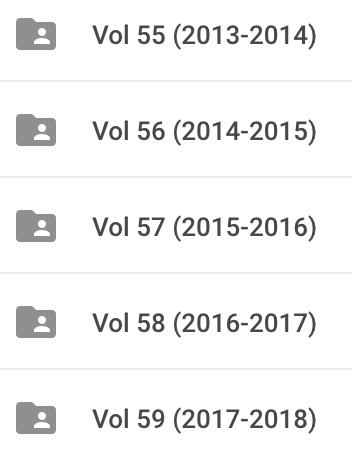
Terry Schwaller (chair)
Dave Bergerson Sue Whitsett
Elementary Education
Marcia Gardner (co-chair) Shelly Petzold (co-chair)
Tanzeem Ali Melissa Wimmler Teri Dillenberg
Leah Alburt
Equity and Access
Kevin Anderson (co-chair) Sara Krauskopf (co-chair)
Kelly Steiner Amy Zientek Dennis Rohr
Zach Pratt Kristin Michalski Emilly Miller
Lalitha Murali Karen DeShong Karyl Rosenberg
Finance
Kevin Niemi (chair) Matt Lindsey Terry Schwaller
Foundation
Brian Bartel (President)
Denise McCulley (1st Vice-President)
Carol Ochsner (2nd Vice-President)
Dale Basler (3rd Vice-President)
Tracy Swedlund (Treasurer)
Ray Scolavino (Secretary)
Higher Education
Joel Donna (chair)
Mike Beeth Kevin Mason Lynn Diener
Josephine Mitchel
Membership
Michelle Griffin-Wenzel (chair)
Ray Scolavino Tracy Swedlund Deanna McClung
Nominations and Elections
Kathy Biernat (chair)
Mary Ellen Kanthack Zach Pratt
Matt Lindsey Dan Nelson
Professional Development
Chad Janowski (chair)
Kevin Anderson Karen Mesmer Sarah Adumat
Shelley Petzold Deana Johnson Jamie Groark
Stacey Strandberg Andrea Christianson Sonja Gasper
Publications
Brian Bartel (co-chair) - Newsletter Editor
Julie Fitzpatrick (co-chair) - Website

Sarah Adumat - Newsletter Copy Editor
Karyl Rosenberg - Historian
Tracy Swedlund Dan Nelson Dale Basler
Strategic Planning
Matt Lindsey Ray Scolavino Kevin Niemi
Kristin Michalski
WESTA
Shannon Previte (chair)
Dennis Rohr Margaret Guderyon Ben Sanderfoot
Beth Allcox Ken Budill Chad Wilkinson
WSELA
Kevin Niemi (co-chair) Kevin Anderson (co-chair)
WSST Conference Chairs

Corinne Michor and Patrick Mootz, Madison 2023
Marcia Gardner and Tim Sprain, LaCrosse 2024
WSST Conference Director WSST Vendor Coordinator
Ray Scolavino Rodney Dymesich
Spring WSST Newsletter Page 3 SHARE YOUR THOUGHTS. To submit a letter to the WSST Newsletter, send your thoughts via e-mail to newsletter@wsst.org Content may be edited for length, clarity and appropriateness.
Newsletter
Visit www.wsst.org/newsletter to download past issues of the WSST newsletter. Available from 2002, all newsletters are in Adobe PDF format.
WSST
Archive
educators that teach the same content/age as you do! Each evening, we have social events that offer free food/beverage. Plan to register for the annual WSST Friday Evening Banquet ahead of time to secure your seat, a buffet meal, and hear all the great happenings in our organization.
Our guest speakers are both from UWMadison. Dietram Scheufele joins us during lunchtime on Friday, and Bassam Shakhashiri shares time with us during our pre-banquet cocktail hour. If you want to have lunch while hearing our guest speaker, Dietram Scheufele, on Friday, please order a box lunch ahead of time with your registration. Anyone can attend the presentation; lunch purchase is not required to attend.
Make sure to check out the WSST SCHED Schedule and begin selecting what presenter/workshop sessions you want to attend. Don’t forget to plan on attending our membership social events, town hall, and our vendor social. You can personalize your own daily schedule, and if you download the SCHED app on your smartphone, you can receive the latest updates before and during the conference.
Finally, we have some amazing field trip opportunities that conference attendees can sign up for when they register for the conference. We are hosting field trips to the UW Geology Museum, UW Discovery Building, Purple Cow, Yara Bay Distillery, Energy Institute, Capital Brewery, and the Zoo!
For more information, please check out the WSST Website. We look forward to seeing you there.
Conference continued from page 1 President continued from page 1 not be overstated. We are bonded by our values and goals with a shared sense of purpose of bringing the best science education to our students. As part of WSST, we are part of something greater than ourselves. As advocates for education, WSST respects the importance and responsibility of every member. Being part of a professional community like WSST also provides good role models for students. When they see us reaching out professionally, we model for them how to do the same with their peers. In essence, we’re helping them develop their soft skills, their mental health, and life-long habits by modeling belonging with our teaching cohorts, departments, faculty, and professional organizations. And these benefits are also magnified if we talk about them and their value as we teach. In addition, as a busy educator, it is easy to feel lost and alone, especially with the stress of teaching. You may even teach at a school where you are the only science teacher; a community like WSST helps connect you with a network of teachers, helping increase your enthusiasm for teaching and fostering a feeling of connectedness. The leadership of the WSST organization is committed to increasing members’ sense of belonging. Our action plan to reach this goal is as follows. We will create more intentional connections, by creating social events at the conference and across the state with district level gatherings. We will invite opinions and perspectives from members by surveying the membership as well as non-members,
Page 4 Spring WSST Newsletter
offering town hall sessions at the conference, and inviting members to attend annual board meetings. We will approach belonging with inclusivity in mind, using a lens that recognizes diversity from elementary to post-secondary, biology to physics, and from diverse backgrounds and geographic areas. Finally, we are investing in this goal by making it our main objective in our 5-year strategic plan. We have hired an outside organization who can help us focus on diversity, equity, and inclusion as we set overall goals for our organization and develop a plan to achieve them. The goals include, but not limited to:
•
Engaging
Ensuring inclusion
• Treating others with dignity and
• respect
Valuing diverse people and ideas
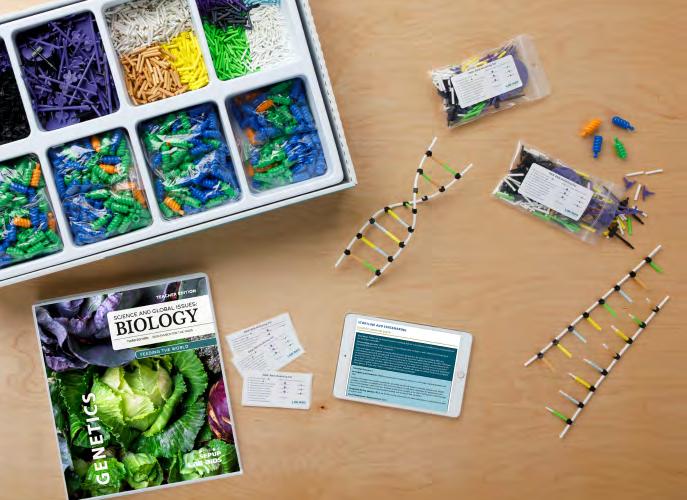
• Empowering members to contribute


• their
What
Spring WSST Newsletter Page 5
with others to make them
feel valued and accepted
an effort to put yourself out there - consider running for an open position on the WSST board or join a committee. Seek out activities and people with common interests
attending social events
WSST.
patient
time,
to
us at Booth # , in our workshops, or online at lab-aids.com/SGI
, a full-year,
the NGSS.
own ideas and achieve their goals
can you do to increase your sense of belonging? Make
by
offered by
Be
as it may take
but the benefits will be worth it. Finally, practice acceptance by focusing on the similarities and not the differences of members in the community and be open
new ways of thinking. Visit
Introducing Science and Global Issues: Biology
hands-on course, designed for
Free Food and Beverage
Free Admission!
Grand Terrace
So many door prizes and giveaways!
Enjoy free drinks and hearty appetizers as you visit each of the vendor booths to network and learn ways to include more science resources in your classroom
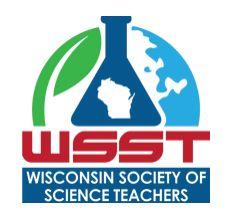
President Kristin Michalski invites you to come join us for Thursday evening for our annual membership social! All are invited! Have a little fun and some great conversations with other science teachers while playing bags and listening to a DJ. We invite you to wear your favorite team apparel for this event. Enjoy free food and beverages as well and a chance to win great door prizes including Madison Mallards and Forward Madison FC tickets.
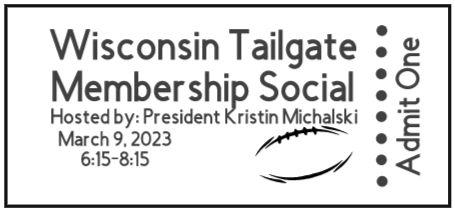
Free Admission!
Somanydoor prizesand giveaways!
Free Food Beverages!and
Join us at the Vendor Social!
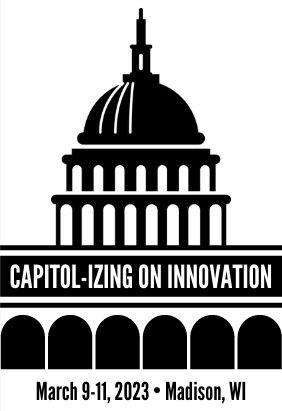
Thursday, March 9th, 2023
4:00-6:00 pm Madison Ballroom
WSST CONFERENCE 2023 • MARCH 9-11, 2023 • MONONA TERRACE, MADISON
Special Guest: Dietram Scheufele, Professor at UW -Madison
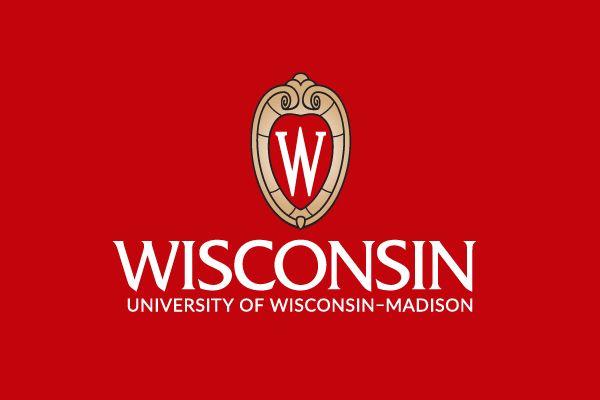
Friday, March 10th, 2023
12:00 - 1:00 pm
Grand Terrace
Dietram Scheufele will present during lunch-time to talk about science communication in today’s modern world. He will offer a unique and research-based presentation that will explain how science communication, perception, and perspective play a complex and intricate role in how we view science.
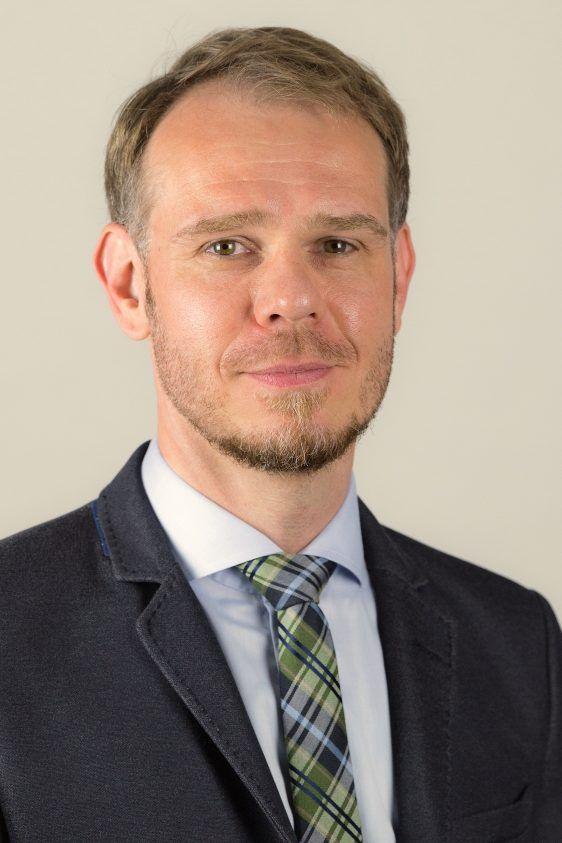
WSST Guest Presenter
Free Admission Optional Box Lunch Purchase available at the Terrace
Emeritus Professor Bassam Z. Shakhashiri, UW-Madison
Friday, March 10th, 2023
5:15 pm - 5:45 pm
Grand Terrace
WSST Dinner Buffet Banquet to follow at 6:00pm
ALL WSST conference attendees welcome to attend this FREE Event!
Let us aim to engage people in meaningful and thoughtful explorations of science, to share core values, to develop a deeper public understanding of science and to in昀uence attitudes. As I share observations and convictions I will also do a few demonstrations. Come learn about combustion, liquids that glow in the dark, and other spectacular scienti昀c phenomena. You will sit at the edge of your seat and will see science in action. Long Live the Wisconsin Idea in the 21st Century!
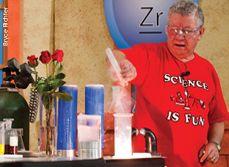
WSST CONFERENCE 2023 • MARCH 9-11, 2023 • MONONA
TERRACE, MADISON
WSST Town Hall
Hosted by WSST President: Kristin Michalski
Friday, March 10, 4:00 pm - 5:00 pm Hall of Ideas Room E (Monona Terrace)
Learn more about the inner workings of WSST and hear updates from WSST President, Kristin Michalski

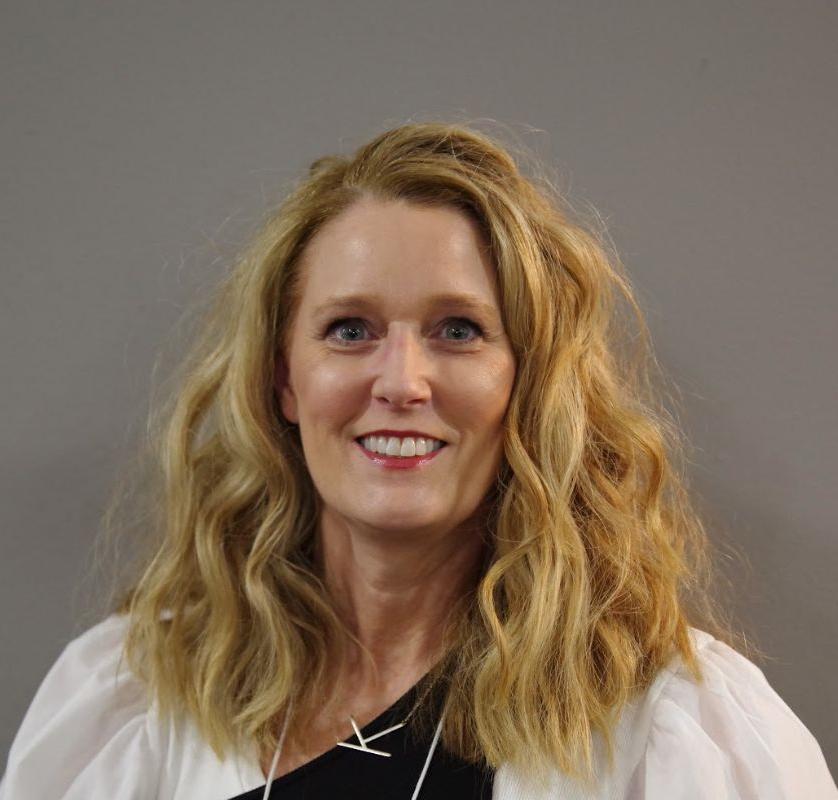
All members who attend the Town Hall meeting will be entered in a raffle to win prizes donated by our sponsors!
Friday Night Member Social
at the Essen Haus
514 E Wilson St, Madison, WI 53703 8:00 pm - ?
Enjoy our post banquet event to network and socialize with other WSST members at the Essen Haus. A walkable distance from the Monona Terrace!
Enjoy free drinks, hearty appetizers, live music and good company!
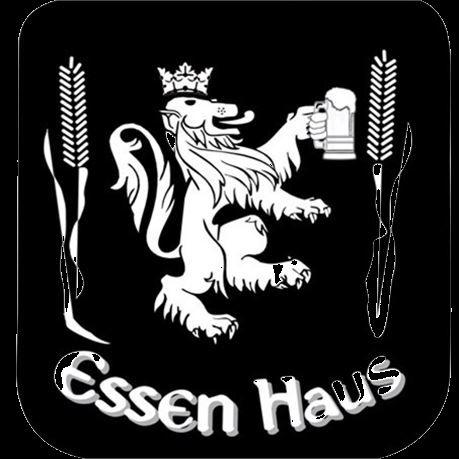
WSST CONFERENCE 2023 • MARCH 9-11, 2023 • MONONA TERRACE, MADISON
Vendor Sponsorship
Thursday Vendor's Social Savvas
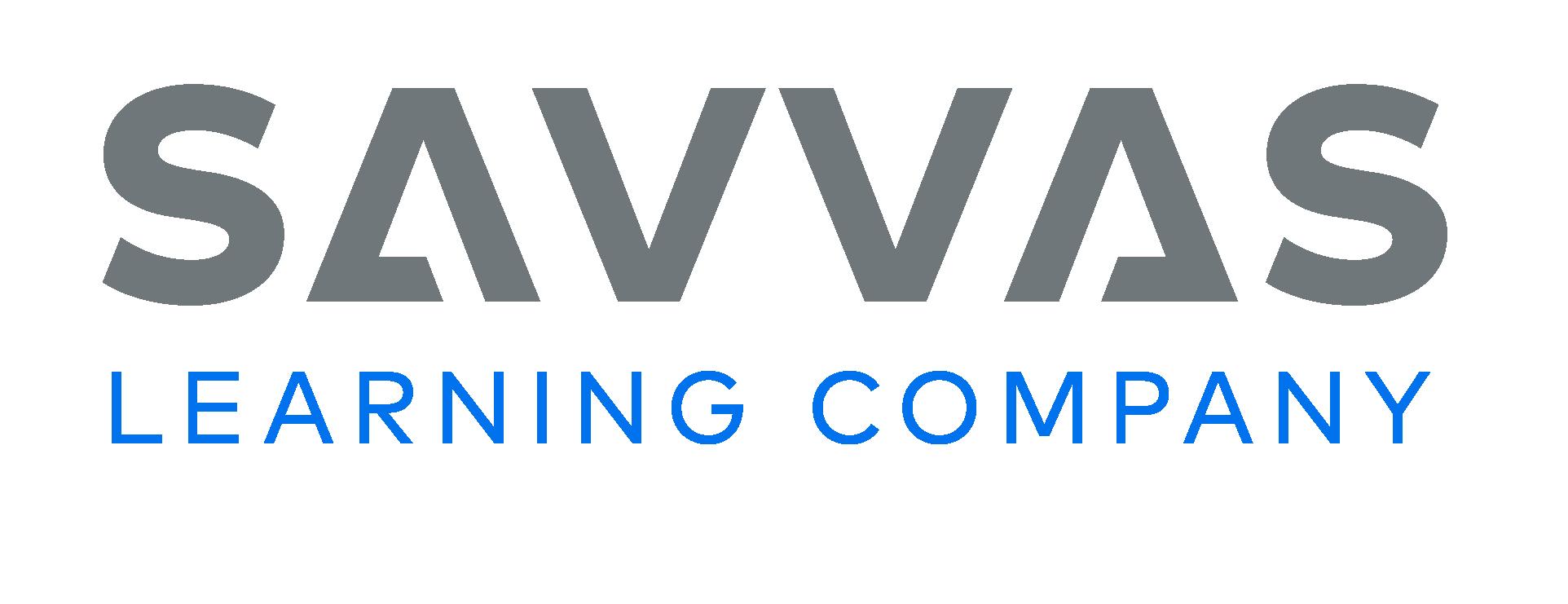
3-D Molecular Designs
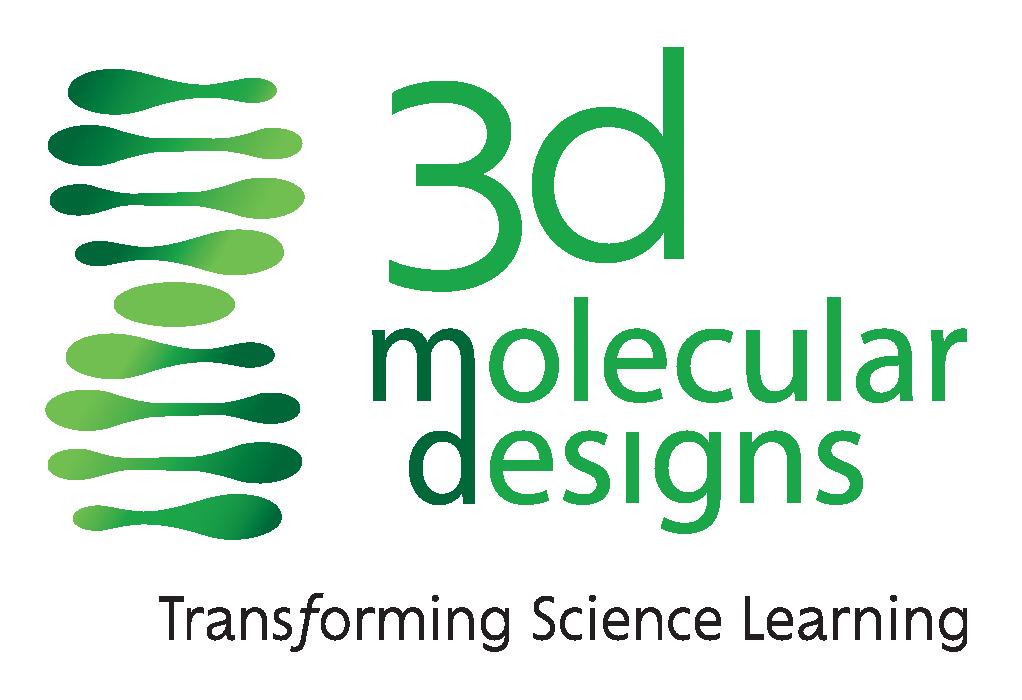
FOSS
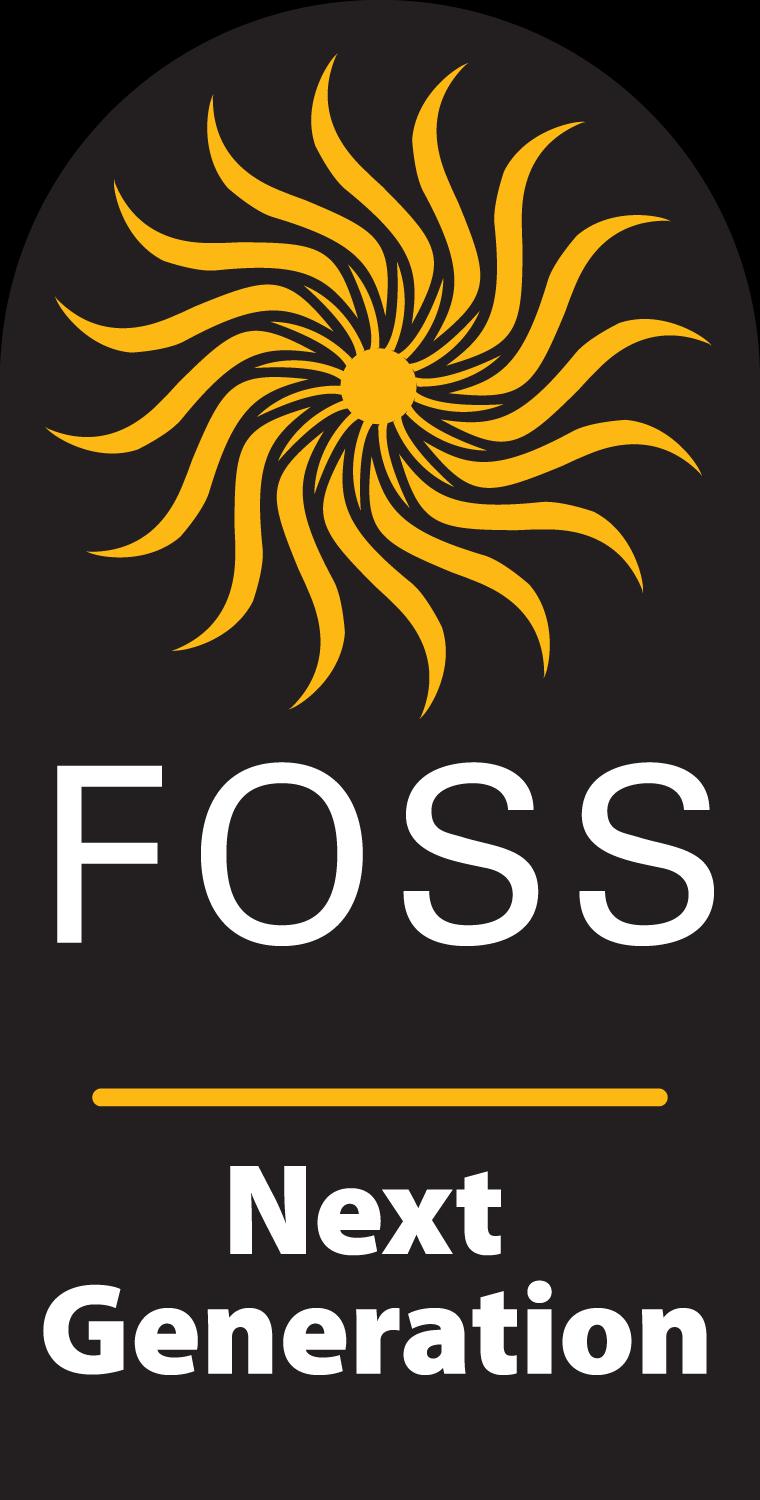
Amplify Science

Thursday Membership Social Houghton Mifflin Harcourt
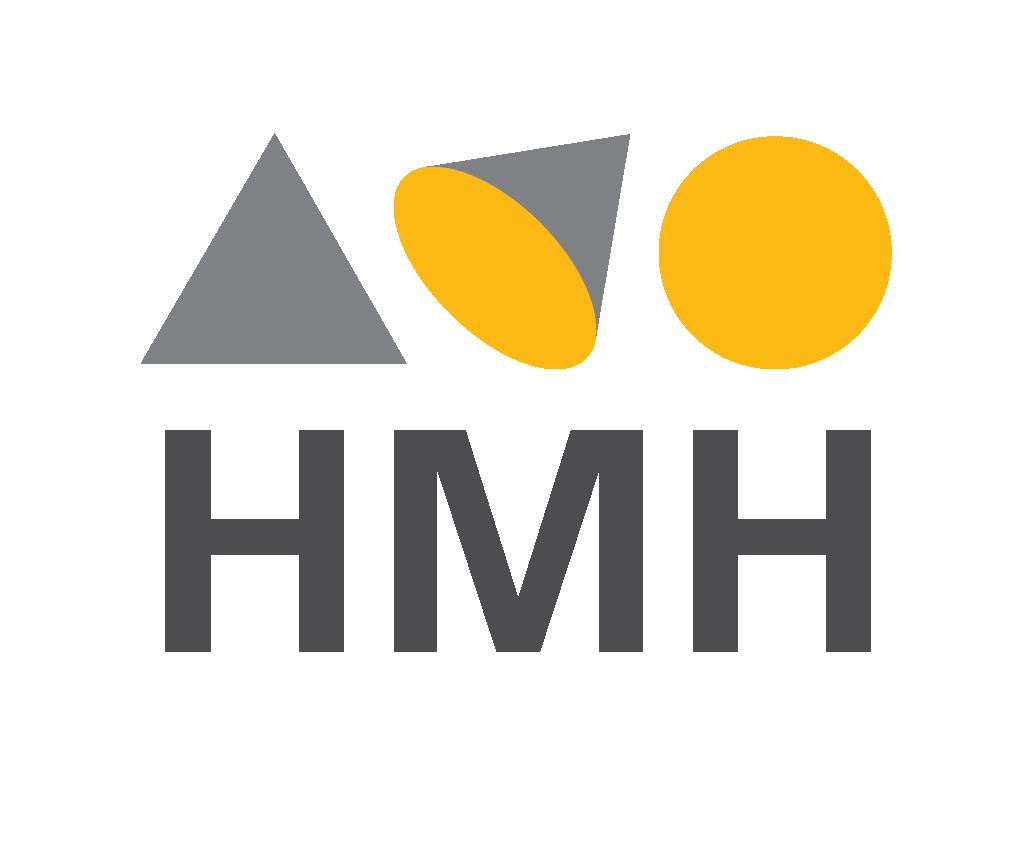
Friday Snack Stations
Brown Dog Gadgets

Fork Farms

Ward’s Science
Friday Banquet Social Savvas
Apply for a $200 Front and Center Grant in Madison!
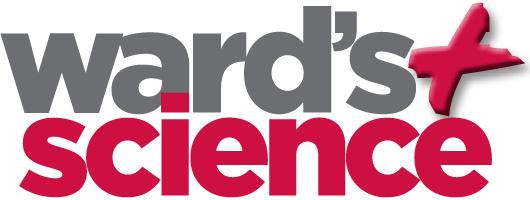
From the WSST Foundation, Front and Center grants will again be open for application at the WSST Conference. Available to any WSST member registered for the conference, applications should describe ~$200 project in 500 words or less that showcases an innovative idea in the science classroom.
Plan ahead and have your proposal ready before you arrive at the conference. Applications open Thursday, March 9 at the Vendor Social and close Friday, April 11 at noon. Laptops will be provided at the WSST booth, and a link will be available online at wsst.org.
Some rules and restrictions may apply. Click here to find out more information about rules and restrictions, grant selection timeline, tips for writing a grant and rubrics for grant evaluation. Funds will be mailed to awardees after the conference concludes.
WSST CONFERENCE 2023 • MARCH 9-11, 2023 • MONONA TERRACE, MADISON
Equipment Adoption
Do you have science lab equipment, lab kits, or supplies that are not being used in your science classroom or science department? Bring them to the upcoming 2023 WSST Madison Conference and donate them to the WSST Equipment Adoption area where they will find a new home with another science teacher who needs that equipment.
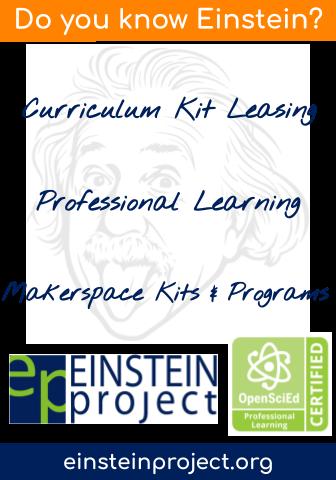
Throughout the entire conference from Thursday through Saturday morning, you can donate your items and/or look for items for your own classroom. Bring the items with you to Madison and drop them off at the equipment adoption table. New items will constantly be added as people bring things in, so check back throughout the conference! Take what-
ever you need and/or leave whatever you don’t need for other teachers. If you have any questions, please contact either Ray Scolavino (rscali3@yahoo.com) or Dennis Rohr (djrohr@centurytel.net).
Rock Raffle Donations needed for WESTA
Do you have fossils, minerals, or rock samples that you no longer need? Are they just taking up space in your classroom? Do you want your rocks to have a more meaningful purpose? If so, come donate them to the WESTA (Wisconsin Earth Science Teachers Association)
Rock Raffle held during the Vendor’s Social: Thursday from 4 – 5:30pm at the Vendors Hall. Raffle tickets will be 4 for $1 or 25 for $5! Drawings will take place at 5:30pm. Buy tickets to win some super cool rocks/fossils/minerals! All proceeds
Thank you, educators, for all that you do! Join us at this year’s Wisconsin Science Festival. OCTOBER 16-22 2023 WiSciFest.org | #WiSciFest WSST CONFERENCE 2023 • MARCH 9-11, 2023 • MONONA TERRACE, MADISON
will be used by WESTA to promote Earth Science education and professional development opportunities throughout Wisconsin for educators of all levels. We hope to see you there!

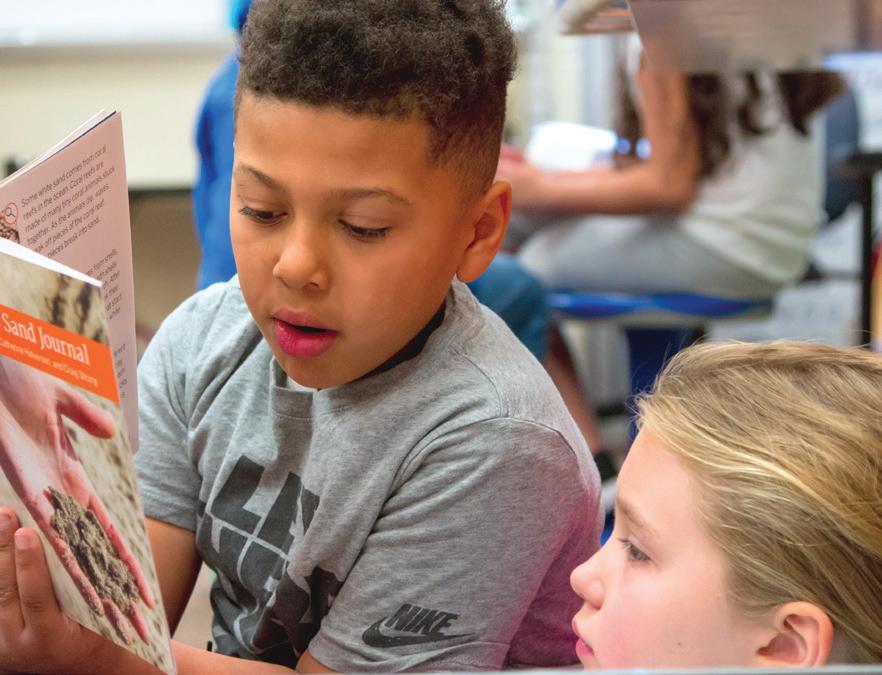
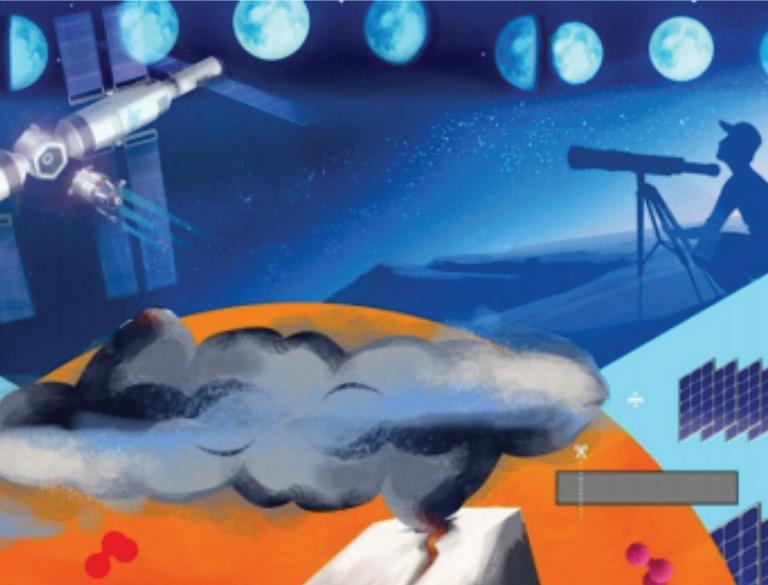
Contact Shannon Previte (shannon.previte@badger.k12.wi.us) or Dennis Rohr (drohr@seymour.k12.wi .us) if you have any questions or donations. Bring your donations with you to the conference or let Shannon or Dennis know if you are unable to make it to arrange pick up.
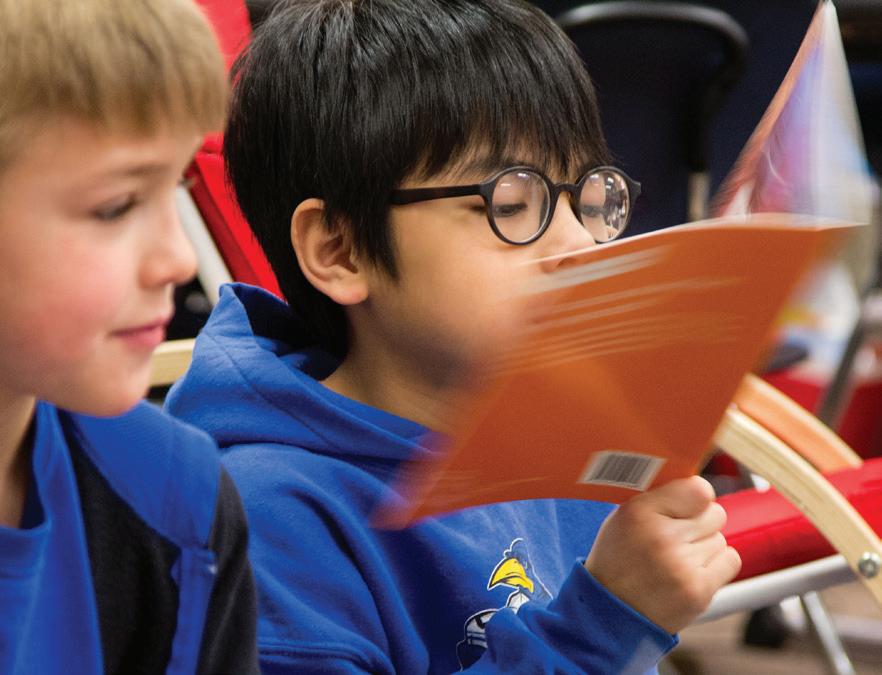
Annual Meeting of Fermenters at Conference

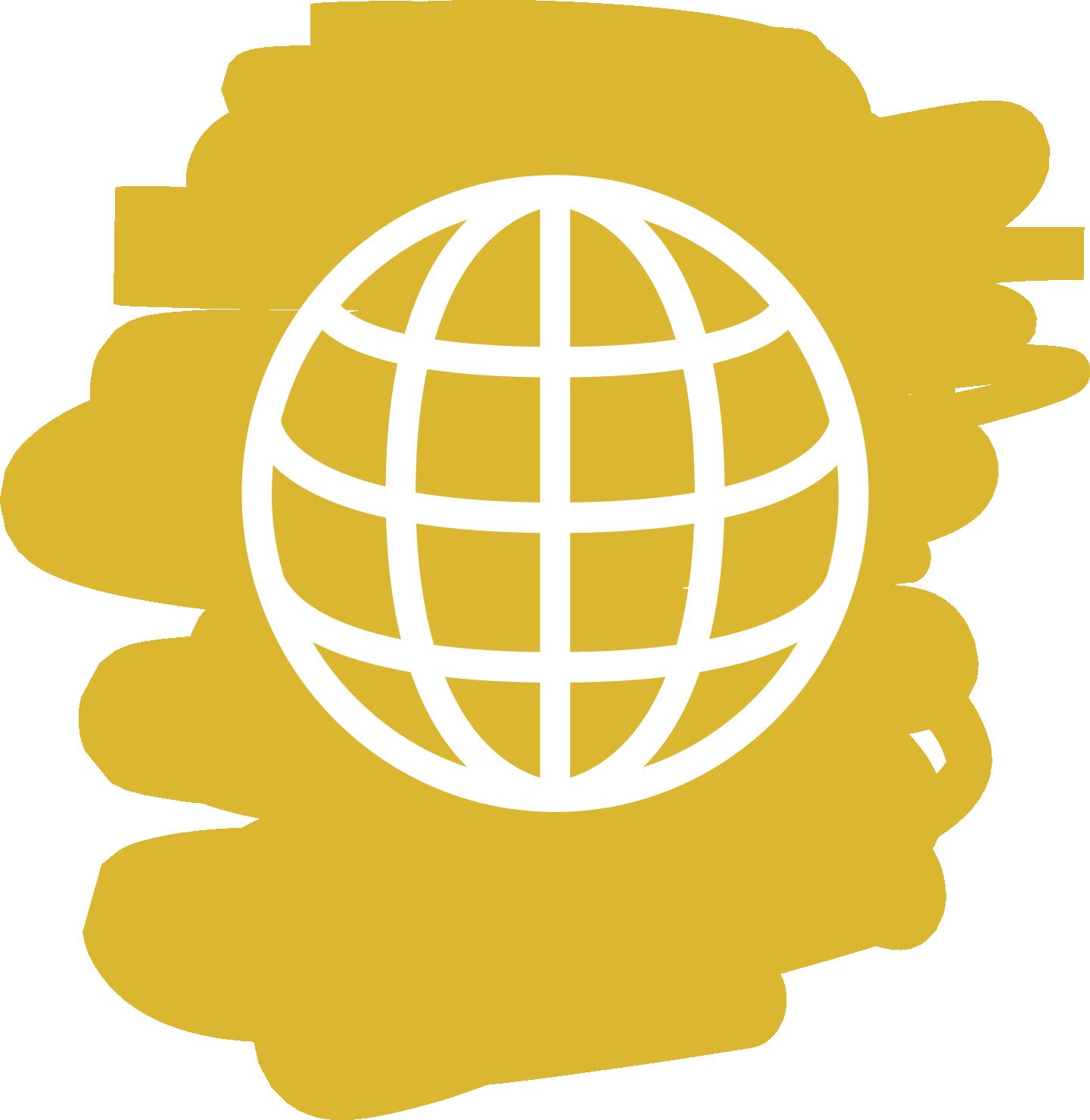
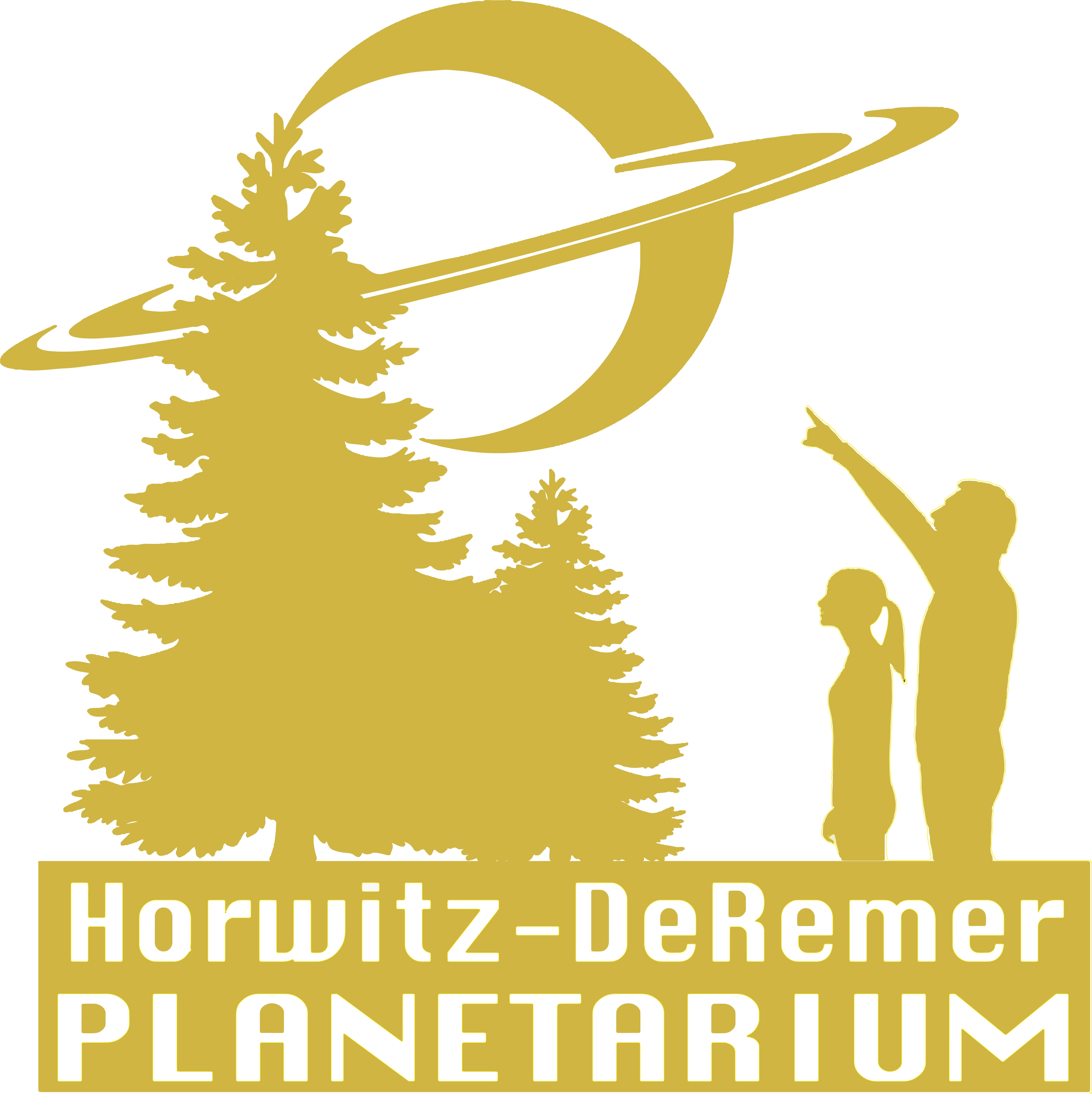
Are you a fermenter? Then join other WSST Fermenters as we discuss our passion. Look for the Fermentation session at the conference, and please bring samples of your food and/or beverages to share with others. Here is the reminder you might need to get something fermenting in time for the conference!
the
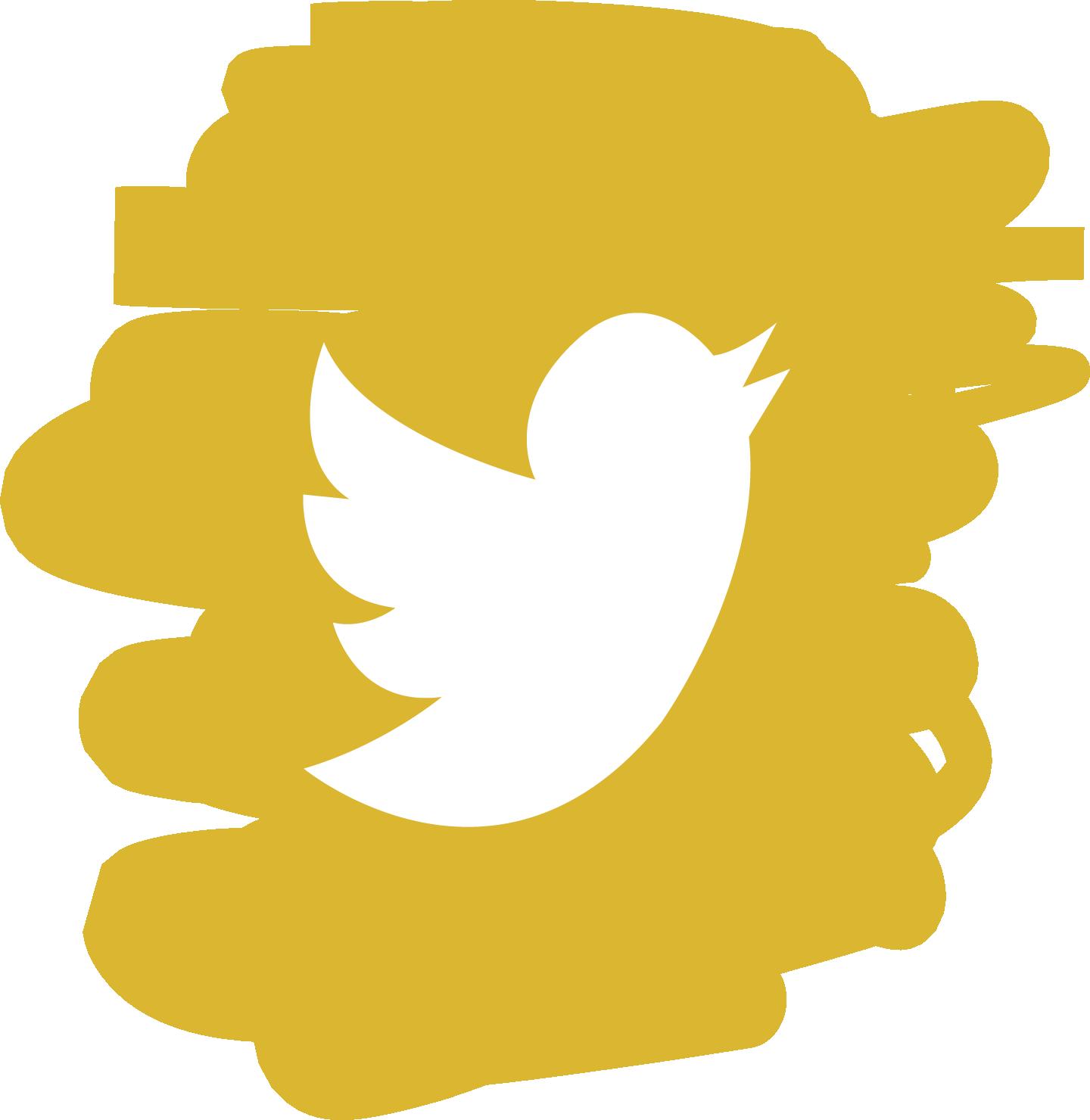



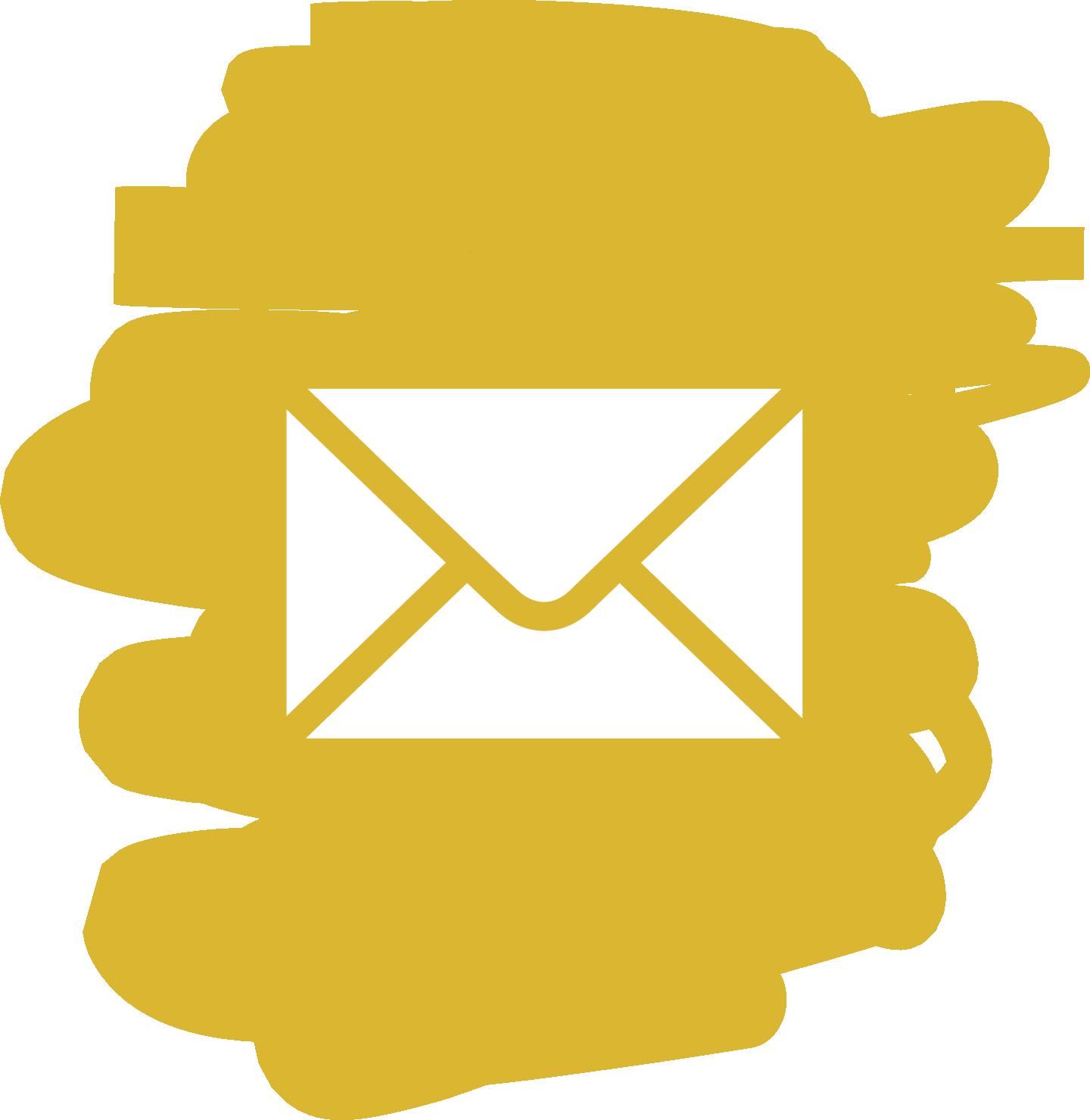
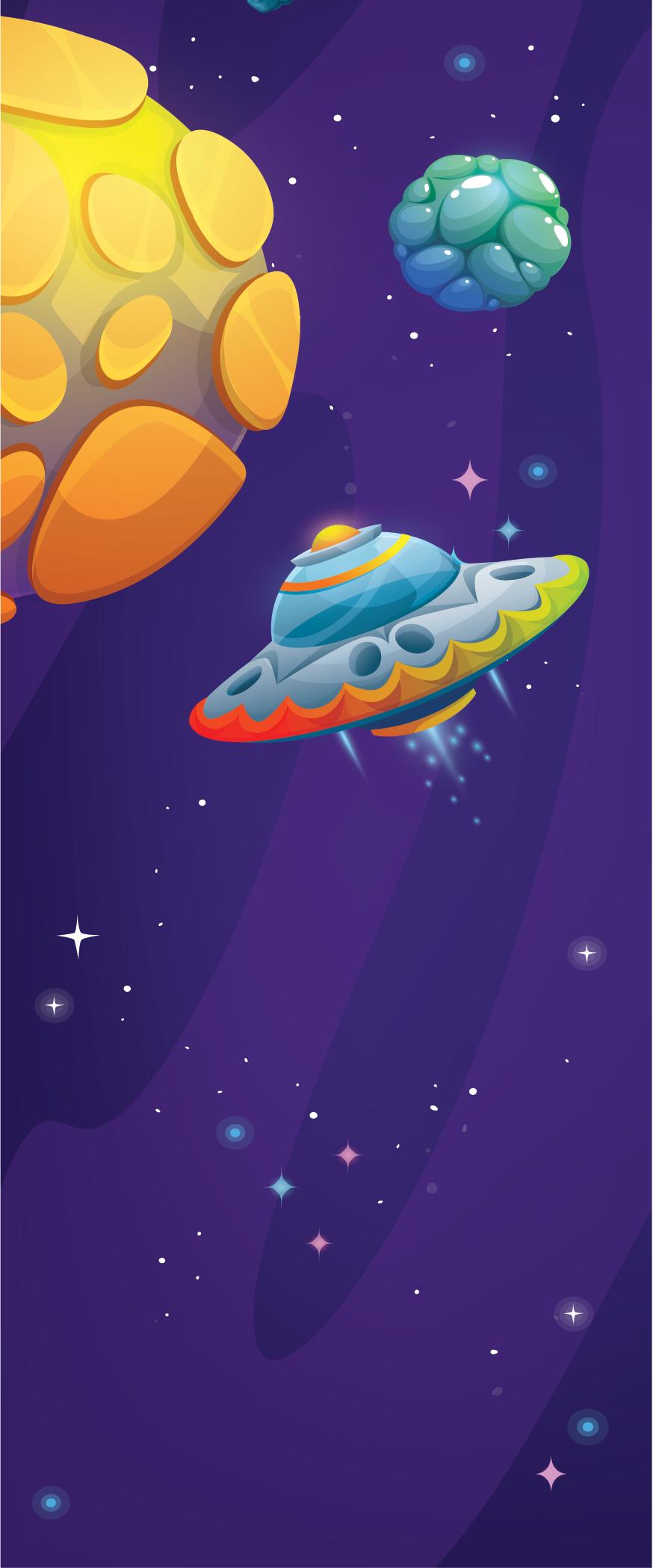
hangout Are you looking for new ways to connect science and space to your lessons and textbooks? The Horwitz-DeRemer Planetarium inside the Retzer Environmental Learning Center can help you achieve that. A spectacular 40-foot show dome technology, special effects with chromacove lighting, and a state-of-the-art sound system allow our visitors to explore the sun, moon, stars, and more without leaving their seats. In addition, our educational programs comply with state and national science goals and standards. Show trailers can be viewed at http://sdwone.us/planetarium lswaney@waukesha.k12.wi.us 262-970-4139 sdw.waukesha.k12.wi.us/o/planetarium facebook.com/hdplanetarium instagram.com/hdplanetarium sdw.twitter.com/hdplanetarium Contact us today to schedule your next mission! WSST CONFERENCE 2023 • MARCH 9-11, 2023 • MONONA TERRACE, MADISON
Where
STARS
Visit all of the Exhibits and Vendors!
• Capstone/ Maris Education
Capital Microscope Services
• Amplify
• Seeds of Change Research
• Wisconsin Forestry Center
• Engineering Tomorrow
• MiniOne Systems
• BTC Institute
• Activate Learning
• Carolina Biological Supply Co
• Snapshot Wisconsin
• EIE Museum of Science Boston
•
• McGraw Hill
• Madison
•
MS in Biotechnology Program, UW-
Edgewood College
3D Molecular Designs
• Natural Resources Foundation of
• Wisconsin
• Horwitz-DeRemer Planetarium
DNR, Wildlife Management Education
• Breakthrough Technologies
• Wisconsin National Primate Research
• Center
• Education Program
KEEP-Wisconsin's K-12 Energy
• Texas Instruments
National Geographic Learning / Cengage
• Ice Age Trail Alliance
• WSST
• 2024 WSST Conference La Crosse
• Lab-Aids
• The Einstein Project, Inc.
• PBS Wisconsin Education
•
Schlitz Audubon Nature Center
• College of Natural Resources, UW-
•
• Stevens Point Studies Weekly
• Wisconsin Science Olympiad, Inc
UW-Madison Science Alliance
• Wisconsin Agriculture in the Classroom-
• Wisconsin Farm Bureau Foundation
South Dakota State University
•
• WI Department of Public Instruction
•
UW-Stevens Point Extension Lakes
• WSST Prize Booth

Savvas Learning Company
• miniPCR bio
• University of Wisconsin Oshkosh CAPP
• Office
Wisconsin Waterfowl Association
• University of Wisconsin Superior
• Houghton Mifflin Harcourt
• Fork Farms
• Wisconsin Science Festival
• EAA
• Wisconsin Association for Environmental
• Education
• NSTA/AEOP/eCYBERMISSION
McGraw Hill
• International Crane Foundation
• School Specialty FOSS
• Wards Science
• National Academies of Sciences
• Engineering and Medicine
STEMscopes
•
• Brown Dog Gadgets
WSST CONFERENCE 2023 • MARCH 9-11, 2023 • MONONA TERRACE, MADISON
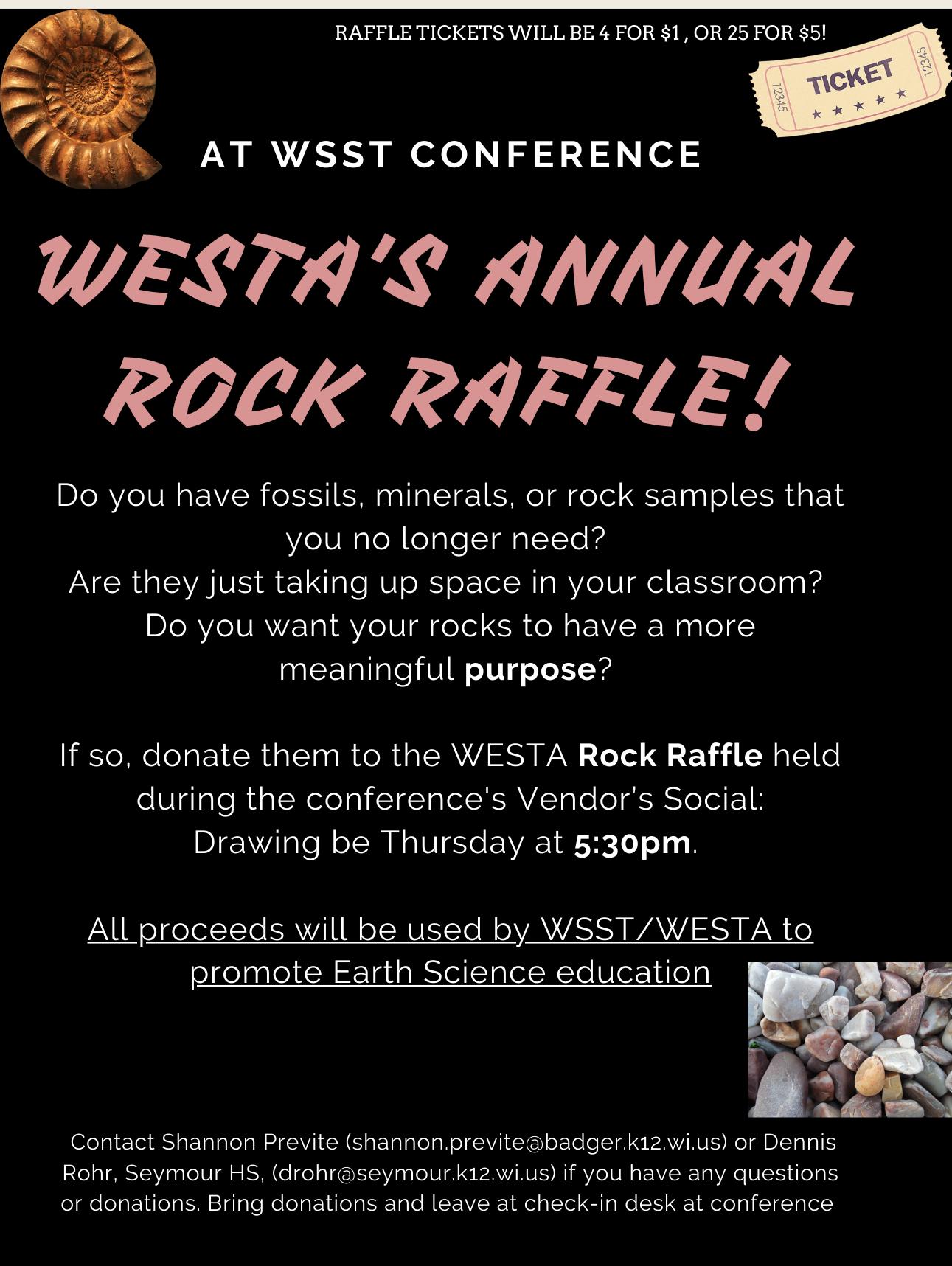
WSST CONFERENCE 2023 • MARCH 9-11, 2023 • MONONA TERRACE, MADISON Find out more at www.wsst.org/2023-conference
RUNNING FOR DISTRICT 2:
Tom Davies, D.C. Everest
Position Statement and Vision:
I am in my 19th year of teaching science at the high school level and have been a member of WSST since 2013. Through the years, I have attended many WSST conferences and been able to listen to dozens of inspiring educators present. I have grown a lot as an educator, taking what I’ve learned at these sessions and applying it to my classroom. This past summer I attended WSST’s WINGS and was able to further my connections with excellent educators. At WINGS, we discussed storyline/phenomenonbased curriculum, and this year, my biology team and I have begun this process using the Illinois Storylines. While at the 2015 WSST conference, I decided to join the Awards and Recognition Committee and I’ve been part of this ever since. I’m excited about the opportunity to give back to the organization who has given so much. As director I hope to be able to support educators in my district and provide
them with resources and opportunities that can help them grow professionally.
Background Education:
• Bachelors of Science - Natural Science
University of Wisconsin - Stevens Point:
•
Major - Physical Science Option, Chemistry
minor
• of Science - Science Education
University of Montana - Bozeman: Masters
Present Teaching Assignment:
D.C. Everest Senior High School (2009 - present): currently teaching Biology and Conceptual Physics
Professional Activities:
• Generation Science)
WINGS 2022 (Wisconsin Institute For Next
• from 2015 to present
WSST’s Award and Recognition Committee
• ences throughout the years
Presented numerous times at WSST confer-
Served as a member of the Buidling
• Leadership Team at D.C. Everest Senior High School (2019-2022)
WSST Voting Districts
District 1 (CESA 11 & 12)
District 2 (CESA 9 & 10)
District 3 (CESA 7 & 8)
District 4 (CESA 3 & 4)
District 5 (CESA 2 & 5)
District 6 (CESA 6)
District 7 (CESA 1)
Don’t know your CESA? Find out here:
https://apps6.dpi.wi.gov/SchDirPublic/home
WSST Elections · February/March 2023
Professional Organizations
Member of WSST since 2013 (a few additional years sporadically prior to that as well) and an active member of the Central Wisconsin Physics Group from 2009 until about 2019
Interests:
hanging out on a lake, exploring national parks, spending time with my family, downhill skiing
RUNNING FOR DISTRICT 3:
Jayne Rycckowski, Ashwaubenon
Position Statement and Vision:
It has become increasingly important that we support all teachers, especially when it comes to STEM education. Implementation of NGSS standards have provided teachers with the opportunity to reflect and revise their current pedagogy and practices to ensure they are providing high quality STEM opportunities within their classrooms. However, much of this work is time consuming and difficult as schools face limited time, resources and aligned materials. My goal as District 3 Director would be to create a network within our region to support teacher’s journeys in the classroom by holding virtual share sessions and increased communication on best practices in the science classroom. Identifying science department and district strengths will be so valuable in this process as others can serve as model teachers and can provide support for others wishing to improve their craft. Identifying high quality professional development and teacher resources and curriculum is also of high importance. I am hoping to organize social events to help teachers engage in rich conversation on this process as well. With 10 years of high school science teaching experience, I am determined to provide the support I wish I had! Background
National Board Certified Teacher
• Present Teaching Assignment/Employment: Einstein Project - Learning Consultant
• Professional Activities:
• WSST Secretary 2018-19
• WSST Member 2009-present
• ACRES Coach (After school Coaching for
• Reflective Educators in STEM)
Professional Organizations: WSST
•
• WSELA
Interests: Spending time with my family, raising my 4 daughters, running, Wisconsin sports, fishing!
RUNNING FOR PRESIDENT:
Dennis Rohr, Seymour
Position Statement and Vision:
I am running for WSST’s President because I wouldn’t be where I am today without the countless positive experiences from WSST sponsored activities and for each of the amazing people and talented science educators whom I have learned so much from over the years who make up WSST. It is my goal to do everything I personally can to help each member feel welcomed and valued. We need to continue to improve our support to upper and lower elementary science educators. We also need to support rural science teachers so they feel connected with other educators. I also hope to move our membership as a whole towards best practices within the NGSS that include inquiry/phenomenon-based science, storylines, CER’s, data analysis/interpretation, collaborative learning, etc.
I vividly remember attending my first WSST Conferences in 1991 in Manitowoc and 1992 in Stevens Point. I met some incredible educators who helped guide me into applying for Earth Science Resources (ESRA) and Science World for Teachers. I also attended Larry Scheckel’s week-long session where I took home all of those physical science demos, and I was hooked. I soon realized that my membership in
Education: Biology, B.S. UW-Madison 2008
Chemistry minor UW-Milwaukee 2009
Secondary teaching certification UW-
Milwaukee, 2009 WSST Elections · February/March 2023
•
•
•
WSST truly helped make me into a better science educator for my students, and attending the conference was where I was able to connect with other science educators. I found out that my struggles were also their struggles, and I discovered many new activities and/or sparked new ideas to share with my students.
It was during Science Futures in 2013 that I realized that I too could help at the state level and give back to an organization and membership that continues to make me a more effective science educator. Since then, I have become the WESTA Chairperson, (thanks to a nudge from Beth Allcox) and I have helped organize the Rock Raffle at each conference since 2015. I have led different Earth Science Field Experiences for members from 2016-2019 where we visited various geologic sites across Wisconsin. I have developed the Earth and Space Science Resources links that are found on the WSST website. With Beth, we started the first Equipment Adoption at the Oconomowoc
Conference. I currently serve as WSST's District 3 Director. From my incredible experiences at WINGS 2022, I am currently working on creating NGSS-based Storylines for high school Earth Science classes and hope to organize a few interested educators to help begin to design/build these storylines.
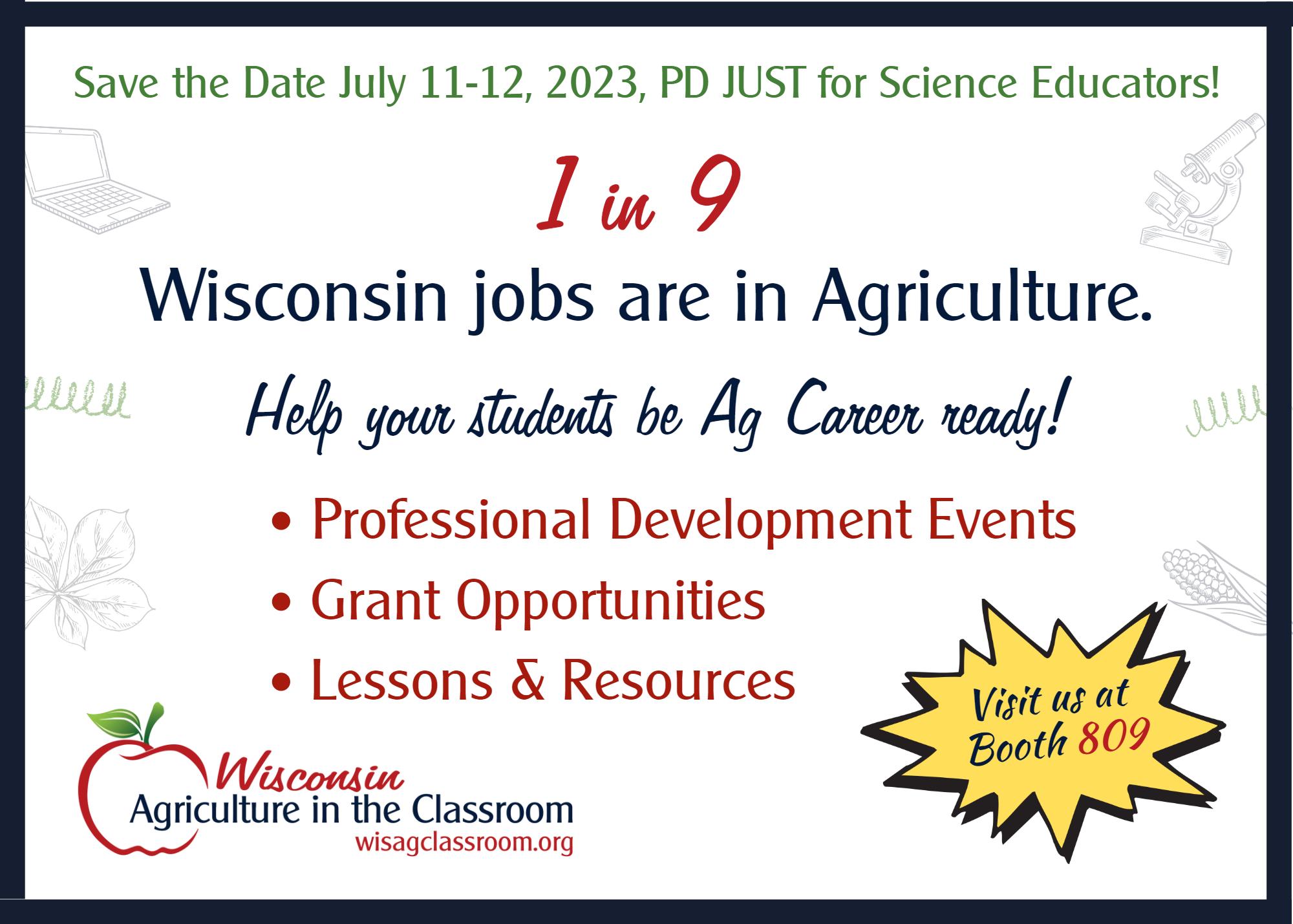
I would really appreciate your support with your vote for President.
Background Education:
Bachelor’s Degree in Broadfield Science
• (Earth Science) - Secondary Science from UW-Stevens Point in 1990
Masters of Science in Environmental
• Science - Solid Waste Management from UW-Green Bay in 1998
Present Teaching Assignment:
• present): Biology, Astronomy, Geology
•
Seymour Community High School (2000 -
Marion Jr/Sr High School (1990 - 2000)
Junior High Science and High School Earth Science
WSST Elections · February/March 2023
Professional Activities:
• and Teaching Staff
WSST WINGS 2022 Planning Committee
• each year (2015 to present)
WSST Conference Planning Committee
WSST District 3 Director 2019 to Present.
• Member of the Executive Board from 2020 to 2022
• State Science Standards writing committee (Earth Science) in 2017
Wisconsin Department of Public Instruction
•
WSST’s WESTA Chairperson (2015-2019)
Professional Organizations: Wisconsin Society of Science Teachers

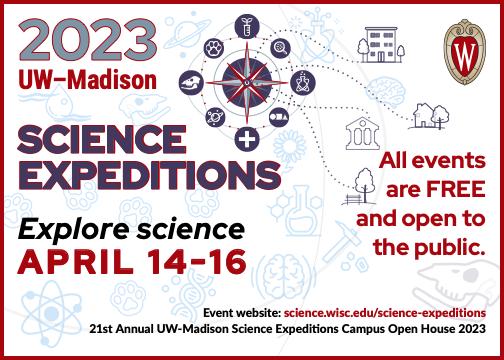
Interests:
Working in our yard/garden, camping, homebrewing, restoring old beer signs, and spending quality time with my wife Janice and our girls.
Vote online at www.wsst.org by March 6
WSST Elections · February/March 2023
A Geography and Demography of WSST Presidents
By Karyl Rosenberg, WSST Historian
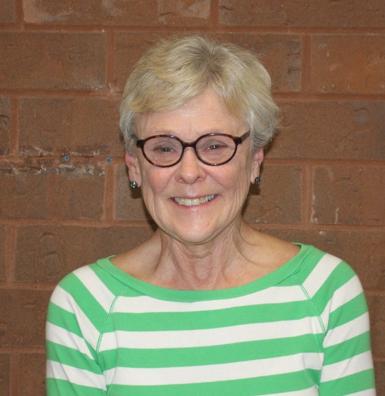
WSST has been an organization since 1958, which means that it is 65 years old this year. This made me wonder how many people have served as president? Where did they come from? And what sort of demographics can we learn about them? Once again, the newsletter archive helped me discover these things.
Since the organization’s founding, 55 people have served as president. There were various ways of electing these people. Early on, a “regional slate” system was used, where a group of people from the same general area would run together. One would vote for a slate of candidates, and not individuals for each office. This system appears to have fallen out of favor within the first decade.
Since the early 1970’s people have run for offices (other than district representatives) as individuals, disregarding geography. Until 2005, all officers were elected annually, before we changed to a biennial election cycle. This means that the first year a person wins in a presidential cycle they are considered president-elect, then the next 2 years they fulfill their duties as president, finishing their final year as past president. This system gives each person a chance to be mentored for the job, serve for 2 years, before finally acting as mentor to a new person.
What else do we know about these people? As it turns out, only 9 out of the 55 have been women. The vast majority have been middle or high school teachers; only 4 out of the entire list were higher education professors or administrators. As far as I can tell, there were no elementary teachers who have been president (however we have to remember all of the years that Wisconsin was fortunate to also have WEST – the Wisconsin Elementary Science Teachers). Where have these folks been living or working at the time of their presidencies? Out of the 55, 12 lived or worked in Madison, 4 were from the Appleton area, 3 from Milwaukee and 2 each from Manitowoc, Mequon, Racine and Sheboygan. Amery, Beaver Dam, Beloit, Dodgeville, East Troy, Elkhorn, Fond du Lac, Glendale, Green Bay, Kohler, La Crosse, Marathon, Menomonie, Monroe, Mosinee, Neenah, Oshkosh, Platteville,
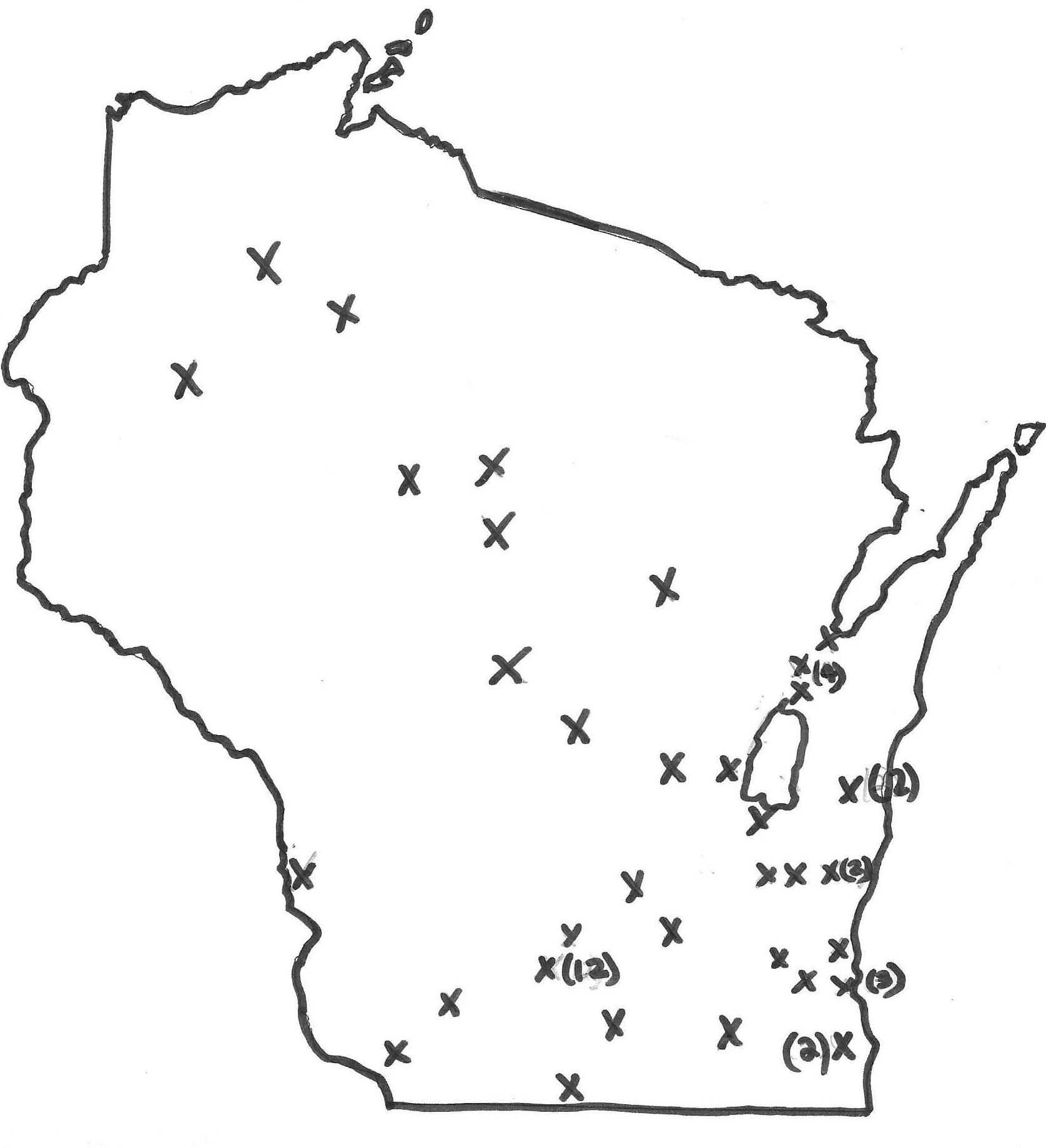
Page 18 Spring WSST Newsletter WSST NEWS
Rice Lake, Shawano, Sheboygan Falls, Stevens Point, Watertown, Waunakee, Wausau, Wauwatosa, and Winneconne all follow with one president each. That’s 27 places around the state! There were only a few cases where two or three presidents came from the same general area in successive years. Our leadership has had a broader geographic base than I originally expected!
As you consider your vote in this year’s WSST election, remember that most areas of our state have been represented in leadership over the years. Keep this in mind as you vote and consider running for a WSST position in the future!
Seeking Nominations for the 2023 OBTA (Outstanding Biology Teacher Award)
OBTA is a program of the National Association of Biology Teachers (NABT)
Who is Eligible? … Current biology/life science instructors (grades 7-12) with at least three years public, private, or parochial school teaching experience. A major portion of the nominee’s career must have been devoted to the teaching of biology/life science. NABT membership is not a requirement. Unsuccessful candidates may be renominated. OBTA winners are ineligible for 10 years after selection.
What is the Process? … Nominated candidates will complete a form summarizing their professional experience, academic background, and education philosophy and provide recommendations from colleagues familiar with their teaching
effectiveness.
Who Can Make Nominations? … Colleagues, administrators, students, the teacher/candidates themselves, or anyone competent to judge the candidate’s teaching effectiveness.
What Are the Criteria? … Teaching ability and experience, cooperativeness in the school and community, inventiveness, initiative, and student-teacher relationships.
How Do I nominate? … Send name of nominee with contact information to the Wisconsin OBTA Director. The deadline for nominations is April 1, 2023. Send the contact information to the Wisconsin OBTA Director, Dr. Kevin Niemi, kjniemi@wisc.edu for more details and information.
Need Chair/Co-Chairs for Dells Conference in 2025
Do you enjoy the WSST Conference? Want to get more involved in the organization? Do you enjoy working with a fun group of people? If you said yes to these questions, then you are the person WSST is looking for to chair (or find a like minded friend and co-chair) the WSST 2025 Conference in the Dells! Don’t worry, you will have plenty of experienced members to assist you with the task. If you would like more information, please contact our Conference Coordinator Ray Scolavino at 414-4600746 or email at rscali3@yahoo.com It truly is a wonderful experience and a great way to extend your science teacher networking.
Fall WSST Newsletter Page 19
!""#$%&'()*+$%&,,&-')$.)/$01(+**2)$3&)45&,,$6&74$ "8*+)*-4'$59$:*))$
!"#$%!!"#$%&'(!)#*'!+,!" &'()*+,'*-"-!.-/0!1232!!!
./)*-!!!4502//!
67898-!!6&9$89!:&9;(!<&%=>?$!!!!"88!<&**&9%>!@8A>=B8!C?9!%=98DB=?$>!
./)*+'$-012#)-!
• "8&B=$E!B7=>!'8&9!=>!&*?$E!B78!9=E7B!C=8*%!=$!B78!F#>D7!G=E7B!H#D;!F*=$%!IJK!
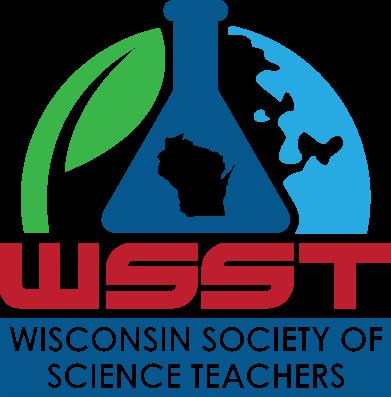
• K**LM?#LN&$LO&B!F#CC8B!C?9!,!7?#9>!>B&9B=$E!@78$!B78!E&B8>!?18$2!FFP!:#**8%!:?9;(!F9&B>(! Q?B%?E>(!N9&$A899'!6&*$#B!N7=D;8$!"&*&%!"&$%@=D78>(!R8E&$!F*&D;!F8&$!:&BB=8>(! 6&B8938*?$(!F?$8*8>>!6=$E>(!S98$D7!S9=8>(!:?B&B?!"&*&%!&$%!N?*8>*&@!
• F?BB?3*8>>!F8T89&E8>!C?9!,20!7?#9>!>B&9B=$E!@78$!B78!E&B8>!?18$2!!UT89!+0!T&9=8B=8>!?C!N9&CB! &$%!H?38>B=D!F889>(!"1=;8%!"8*BV89>!&$%!:81>=!19?%#DB>3++4##2+*/+-"//)#+#'*"#(+5+6##(+/(+ )/25+65$2+
7#8')*(5*'/$+2#520'$#%++!#+"59#+:;+*'-<#*)=8#*+*"#> ?"'0#+)1,,0'#)+05)*@@@@ :*8&>8!D?31*8B8!B78!=$C?93&B=?$!A8*?@2!!H8B&D7!&$%!>8$%!B?-!
!!6""WL<&**&9%>!I&38!
!!DJ?!X&'!"D?*&T=$?!
!!YZZ[\!W?@$*=$8!X%2!
!!O&>B!W9?'(!6]!0,5+/!
!!!!!!!!!!!!!!!"#$%!&%$%'(%)!*+,!-'..!/%!0%#1!2!$+)%!1+!3,&$420%!*+,&!1'$5%106!
S?9!3?98!=$C?!D?$B&DB!9>D&*=,^'&7??2D?3!?9!D&**!.5.L.\/L/[.\2!<&;8!D78D;>!B?!6""W2!
LLLLLLLLLLLLLLLLLLLLLLLLLLLLLLLLLLLLLLLLLLLLLLLLLLLLLLLLLLLLLLLLLLLLLLLLLLLLLLLLLLLLLLLLLLLLLLLLLLLLLLLLLLLL!
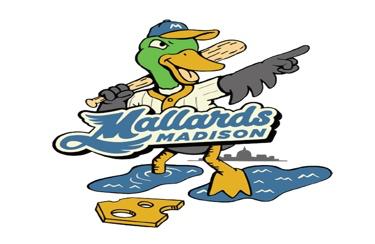
6""W!<83A89!Y&38!_>`!
O3&=*!_1*8&>8!19=$B!D*8&9*'`2!!6=**!
A8!#>8%!B?!>8$%!*=$;!C?9!B=D;8B>!
:7?$8!
F889!?9!"?%&!F&$%!
Y#3A89!?C!W=D;8B>!aaaaaaaaaaaa!!K3?#$B!O$D*?>8%!aaaaaaaaaaaaaaaaa!
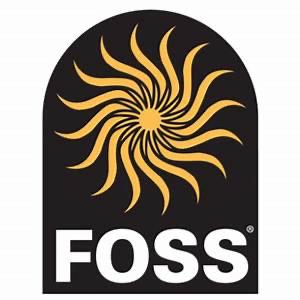
Page 12 Spring WSST Newsletter
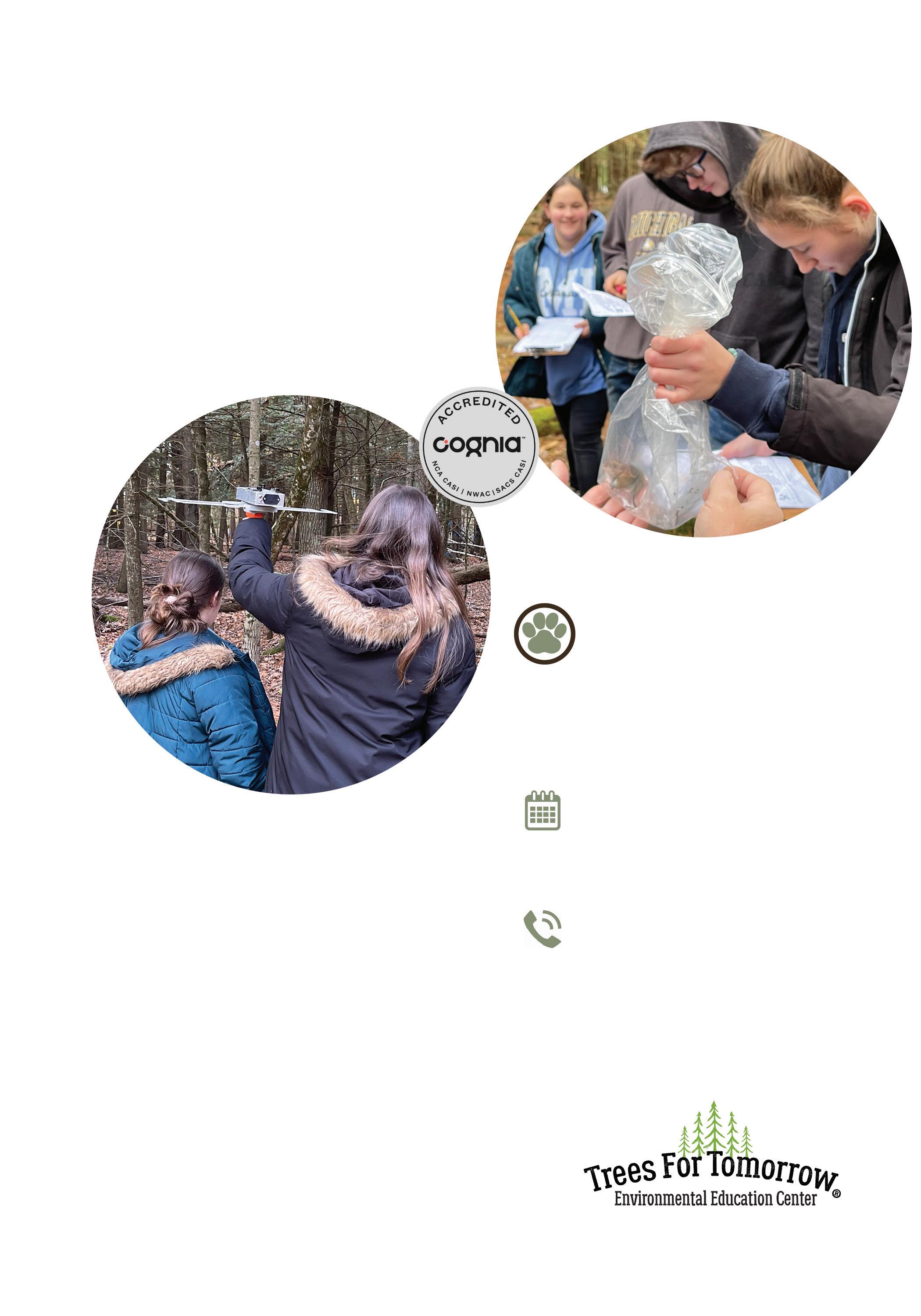
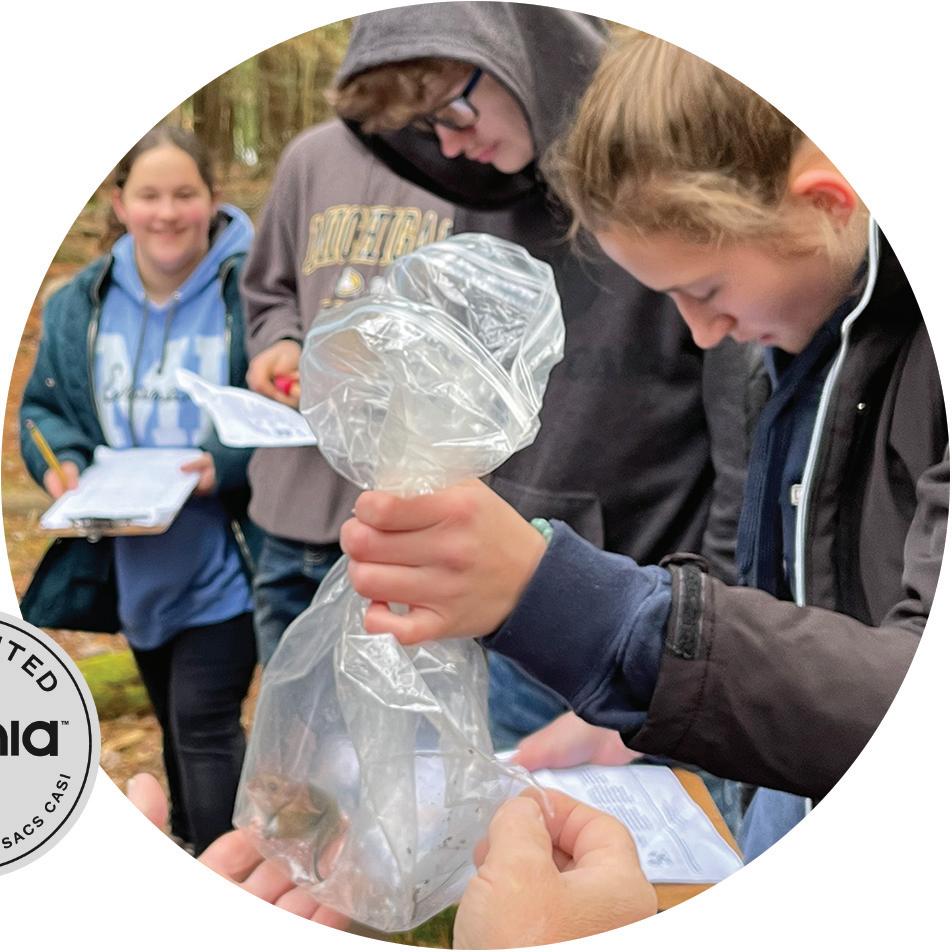
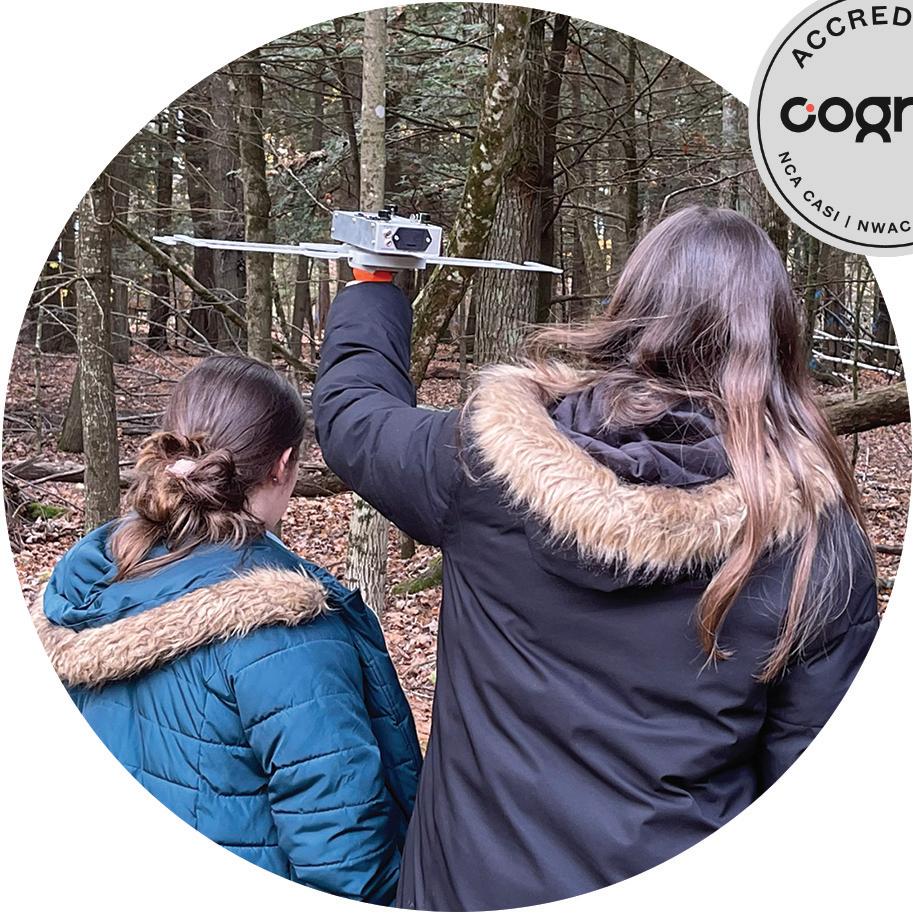
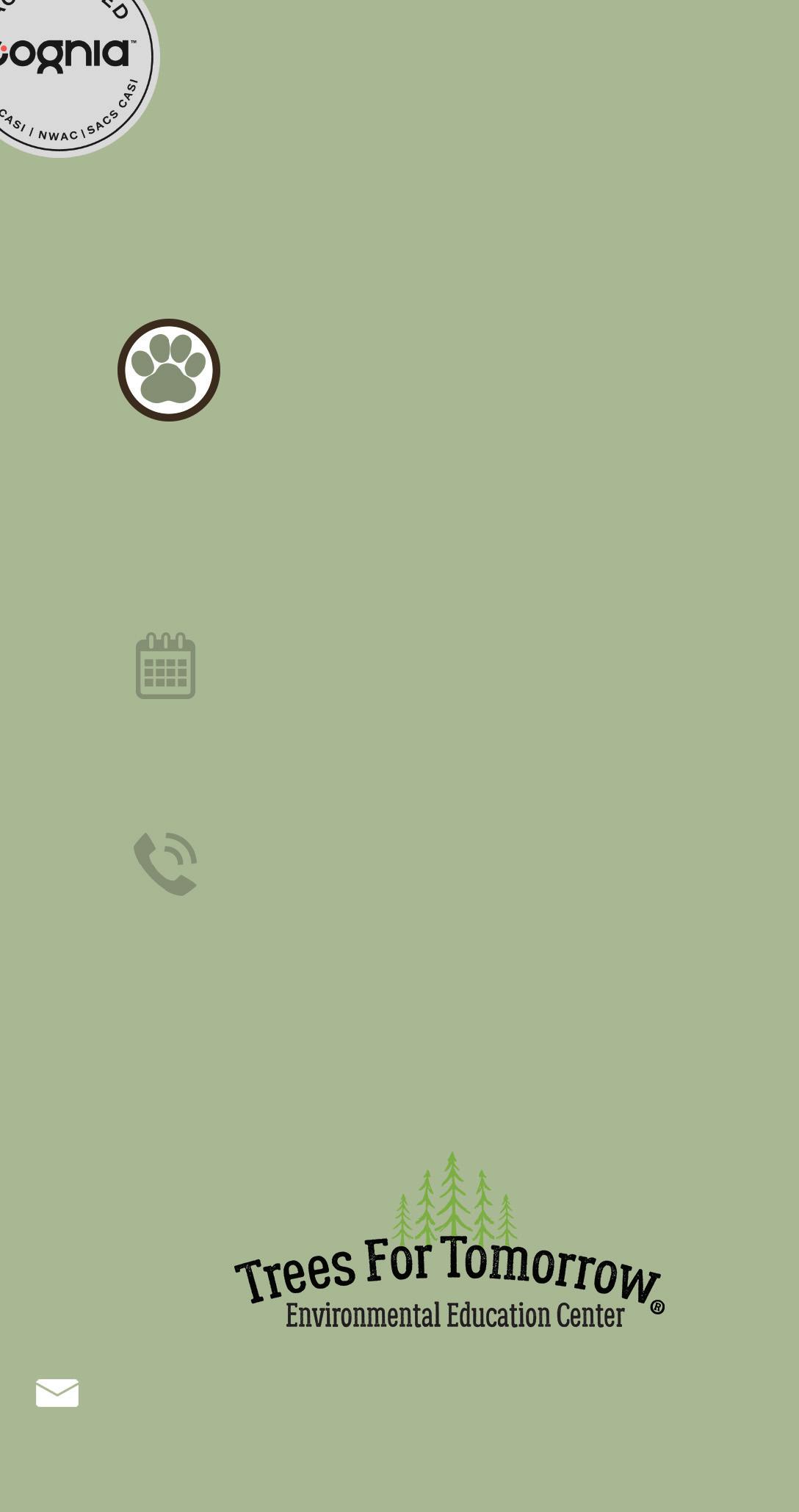







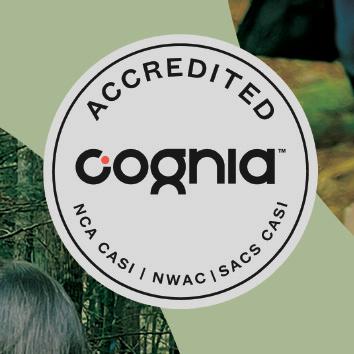
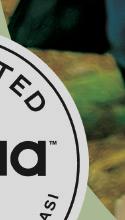
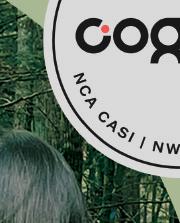

























WSST and Wisconsin Water
Week Present the 2023 Essay Contest!
Deadline: February 20, 2023
Write an essay on the topic given for your grade level
(water department, health department, city, county) – they could explore the different roles each of these has in both our domestic water use and also the water we use for enjoyment (protecting our rivers and lakes)
Grades 4-5 We all like to have fun in the water.
• fishing?
Do you like swimming, boating, or
Is it important that the water you • swim, boat, and fish in is healthy?
What does it mean for a lake or river • to be healthy? How do you know if it’s healthy?
• rivers stay healthy? Who do we trust to do these jobs?
Whose job is it to make sure lakes and
Grades K-1 Every living thing on Earth needs water.
What are the different ways we use
• water every day? (drinking, showering, cooking, laundry but also for recreation and relaxation)
• clean water?
What would happen if we didn’t have
Grades 2-3 Every living thing on Earth needs water.
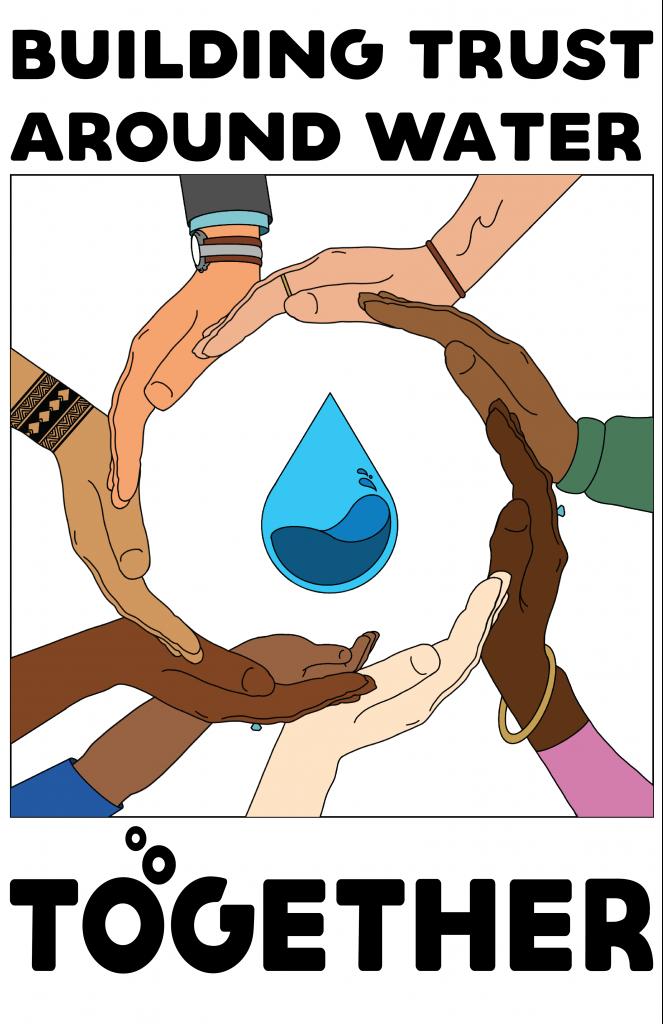
Grades 6-8 Wisconsin has over 15,000 lakes and thousands of miles of rivers and streams. All of these “navigable” waters belong to everyone in Wisconsin. Our rights to enjoy water are protected through the Public Trust Doctrine.
Explain the Public Trust Doctrine and
• its importance to all people. It takes both scientists and the general
What are the different ways we use
• water every day? (drinking, showering, cooking, laundry but also for recreation and relaxation)
• clean water?
What would happen if we didn’t have
• to make sure we have clean water?
Who in our communities do we trust
• public working together to protect our water resources. Research an agency or organization in Wisconsin that helps to protect our surface waters. How do they gain our (the public’s) trust so we feel they are doing the best job?
Write an essay that suggests the
• importance of water conservation and sustainable use of water resources based on the information you found.
Page 22 Spring WSST Newsletter
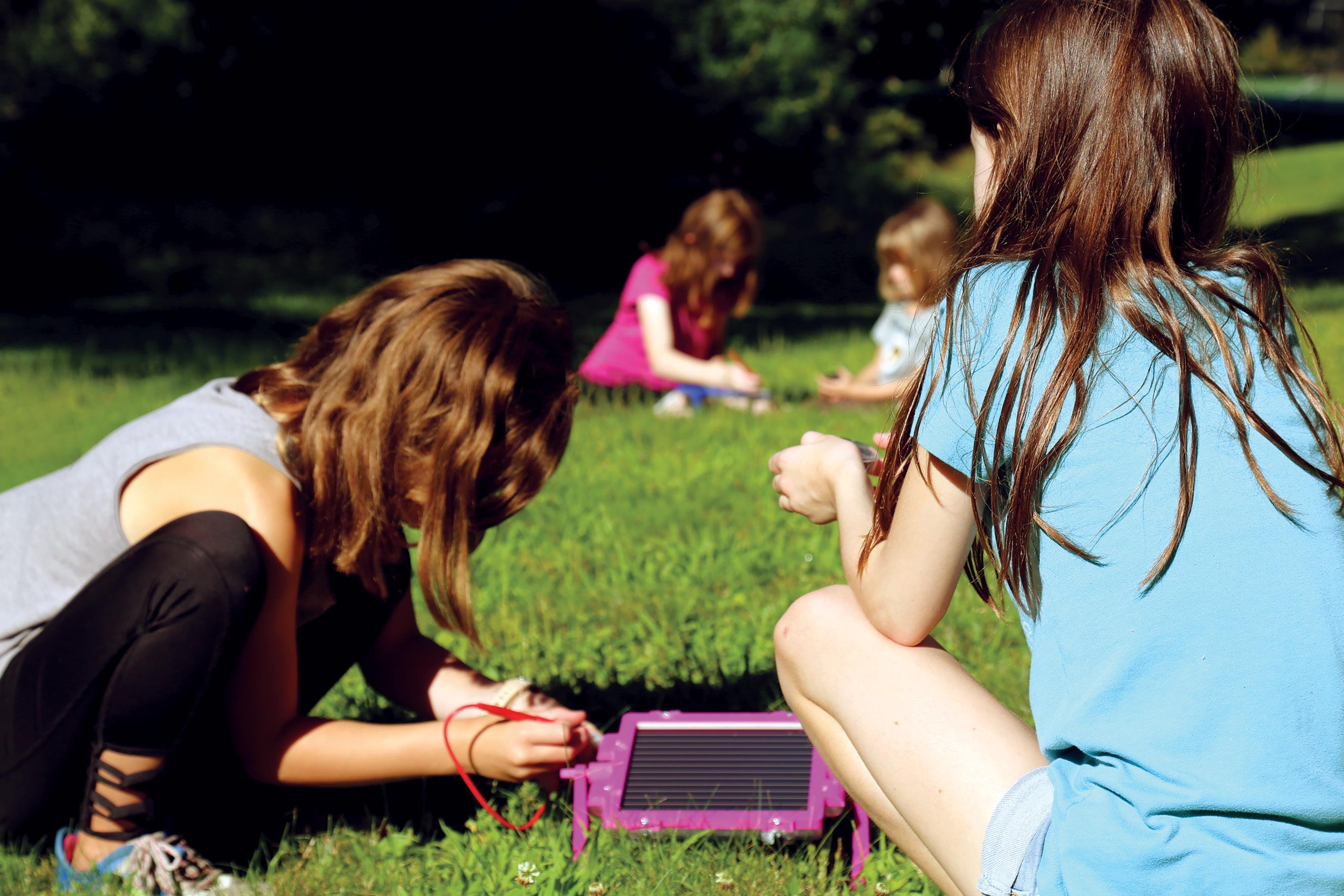
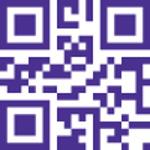
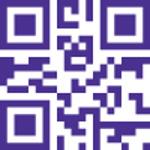
Wisconsin Center for Environmental Education WISCONSIN CENTER FOR ENVIRONMENTAL EDUCATION Wisconsin's K-12 Forestry Education and Energy Education Programs Meaningful Learning for Wisconsin Educators and Students Professional Development Place-based Curriculum School Support Hands-on Experiences Scan to explore LEAF’s website! Scan to explore KEEP’s website! LEAF Wisconsin's K-12 Forest Education Program 715.346.4956 / LEAFprogram.org KEEP Wisconsin's K-12 Ener Education Program 715.346.4770 / KEEPprogram.org
Grades 9-12 Wisconsin has over 15,000 lakes and thousands of miles of rivers and streams. All of these “navigable” waters belong to everyone in Wisconsin. Our right to enjoy water is protected through the Public Trust Doctrine.
Explain the Public Trust Doctrine and • its importance to all people. It takes both scientists and the general • public working together to protect our water resources. Research an agency or organization in Wisconsin that helps to protect our surface waters. How do they gain our (the public’s) trust so we feel they are doing the best job?
Write an essay that suggests the • importance of water conservation and sustainable use of water resources based on the information you found.
Awards
The winning essay in each category will receive a $100 prize and publication in the WSST newsletter and website. The teacher of the winning submission will also receive a $100 prize. Honorable mention in each category will receive $50 prize. Additional highly rated essays may be published to the WSST website at the discretion of the contest organizers, as well as shared with the water community through the Wisconsin Lakes and Rivers Partnership’s Lake Tides publication
Results will be shared at the 2023 WSST Conference in Madison, the 2023 Wisconsin Lakes and Rivers Convention in Stevens Point, and on the WSST website. The events and postings will be held
in March and April of 2023.
Eligibility
Any classroom teacher in Wisconsin can submit one student essay for each science course they teach. Student essays must be original work and be submitted in one of four categories: K-1, 2-3, 4-5, 6-8, and 912. *Submitting teacher is required to be a current WSST member.
Format
• K-1 category: Essays should be between 150-300 words and can include a picture. K-1 teachers can help with the conversion of spoken essay to text.
All other essays should be 500 words • or less in length. The essays are required to be typed, 12 point font, and double spaced. Text to speech and other adaptations • may be made at any grade level based on a student’s Individualized Education Program.
Submission
Submissions should be emailed as ONE file that includes both the essay and release form in .pdf format to essay@wsst.org. All submissions must be received by 5:00 pm (CST) on February 20, 2023. Essays submitted after 5:00 pm (CST) on February 20, 2023 are longer than 500 words, or do not include a signed release form may be disqualified. Submissions that cannot be read will not be judged. The decisions of the judges are final.
Visit www.wsst.org/science-matters for more information, to download the essay flier with release form and see past essay award winners.
Page 24 Spring WSST Newsletter
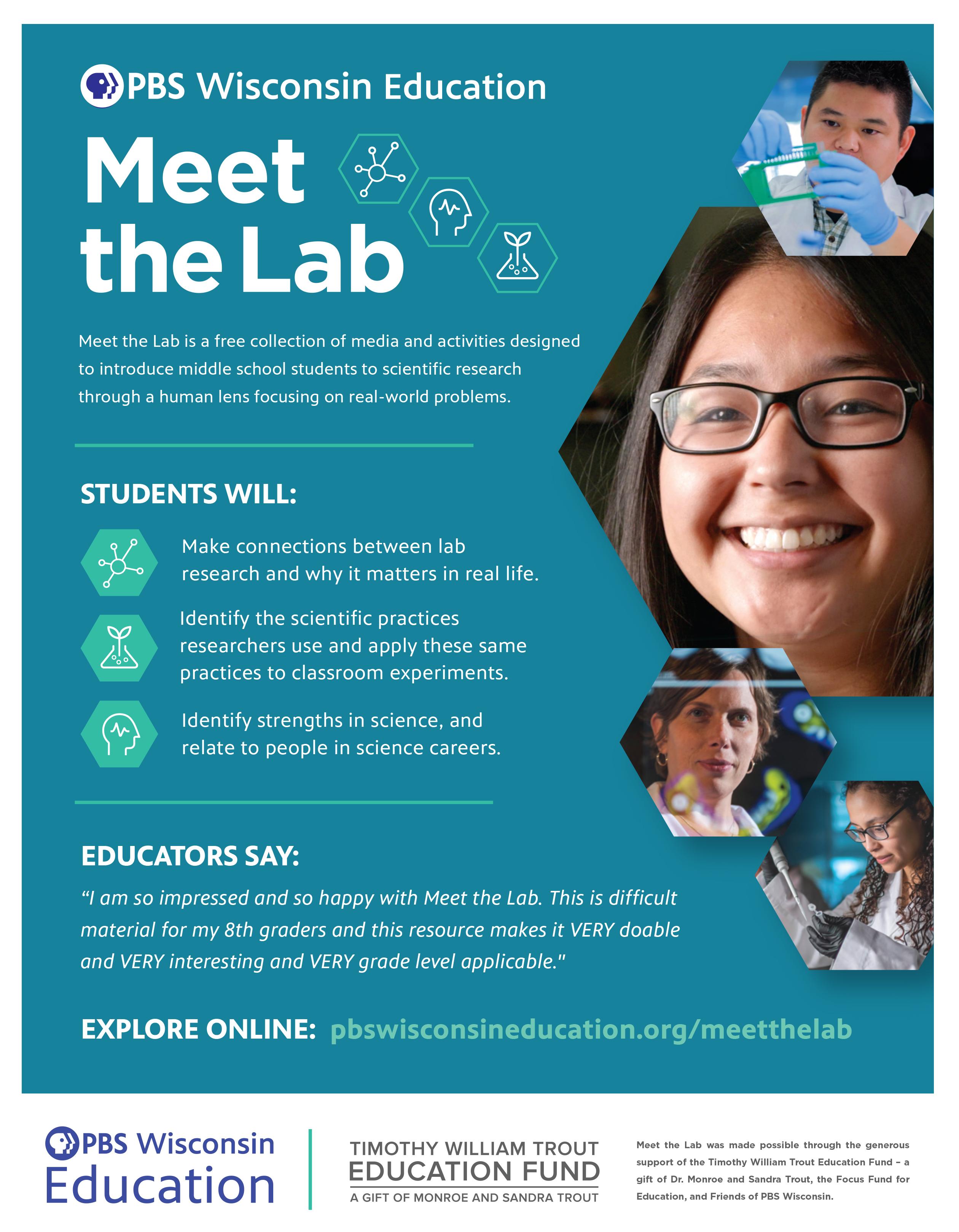
Teri’sPick: MaeAmongtheStars? byRodaAhmed
EndeavorIn1992theSpaceShuttleincludedMaeJemison.
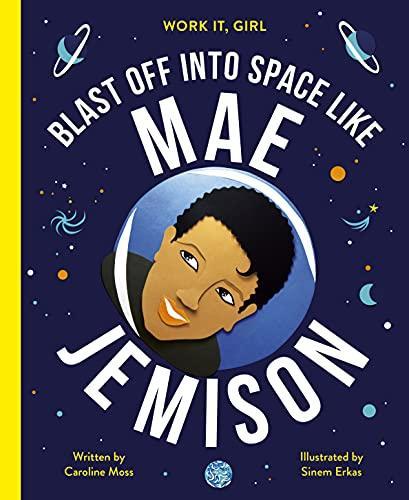
DuetoMae’s determinationand herparentsencouragement,she becamethefirstblackAmerican womaninspace.Aspireforthe impossible.
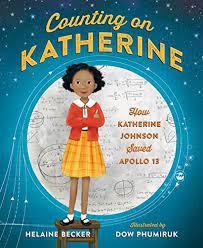
influential
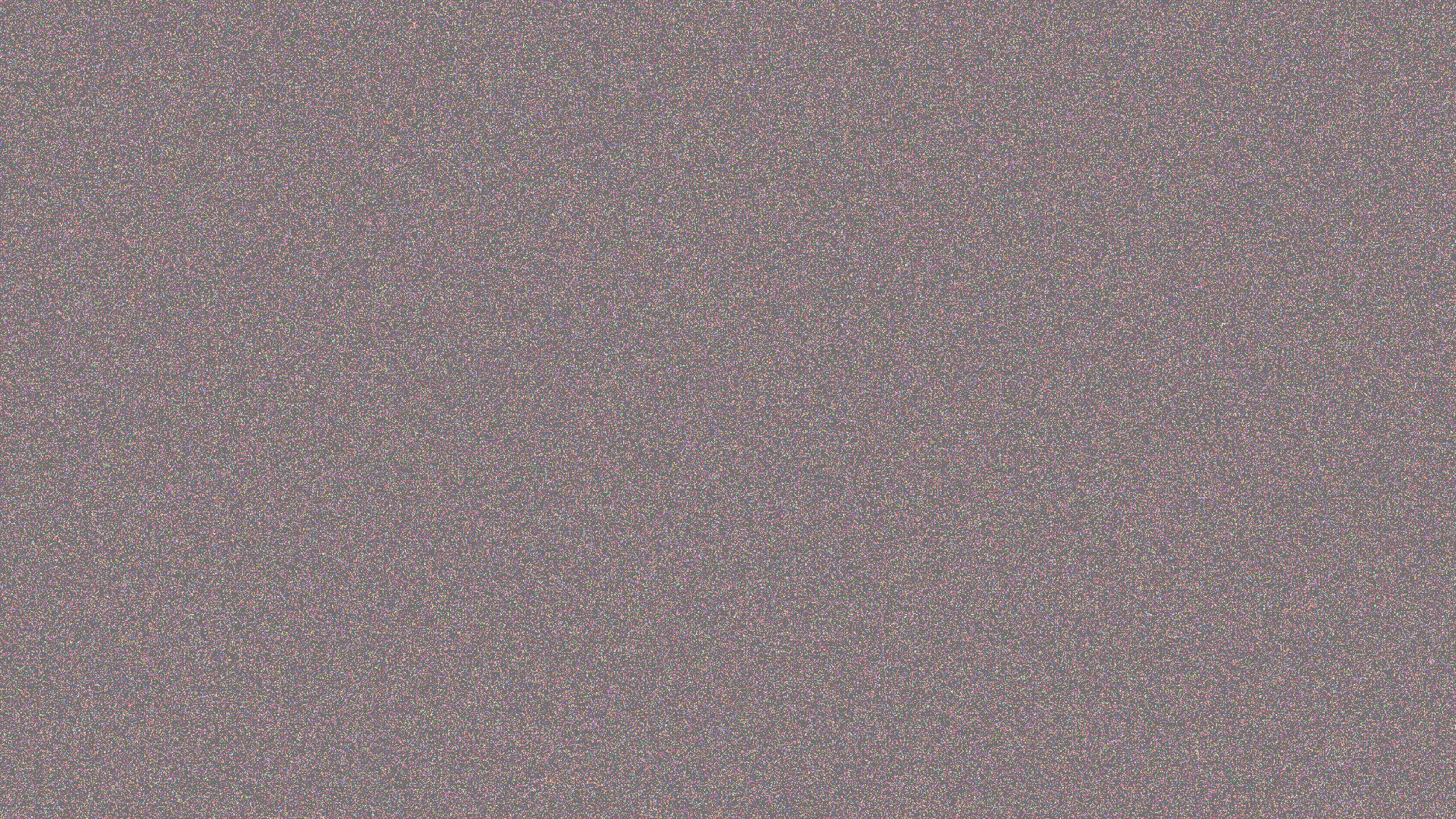
WindFlyers
by Angela Johnson
A beautifully illustrated book about the Tuskegee Airmen.
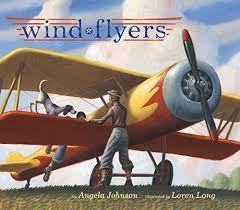
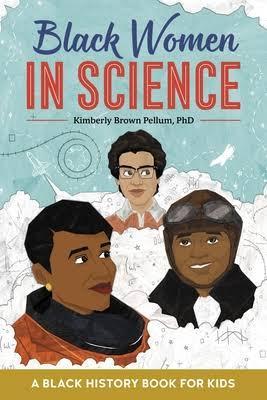
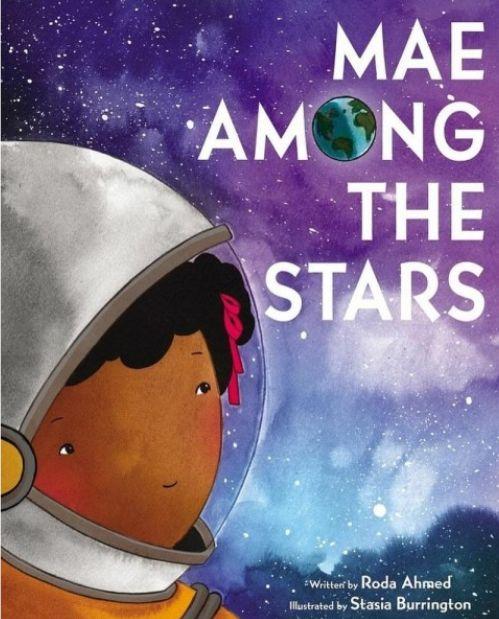
NOTABLE TRADE TEXTS
Onward byDeloresJohnson
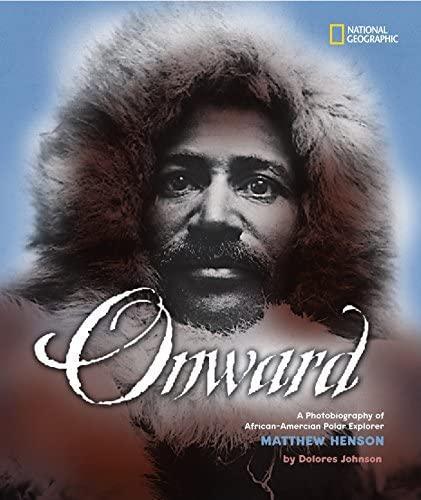
AphotobiographyofAfrican AmericanPolarExplorer MatthewHenson
DreamBuilder:TheStoryof ArchitectPhilipFreelon
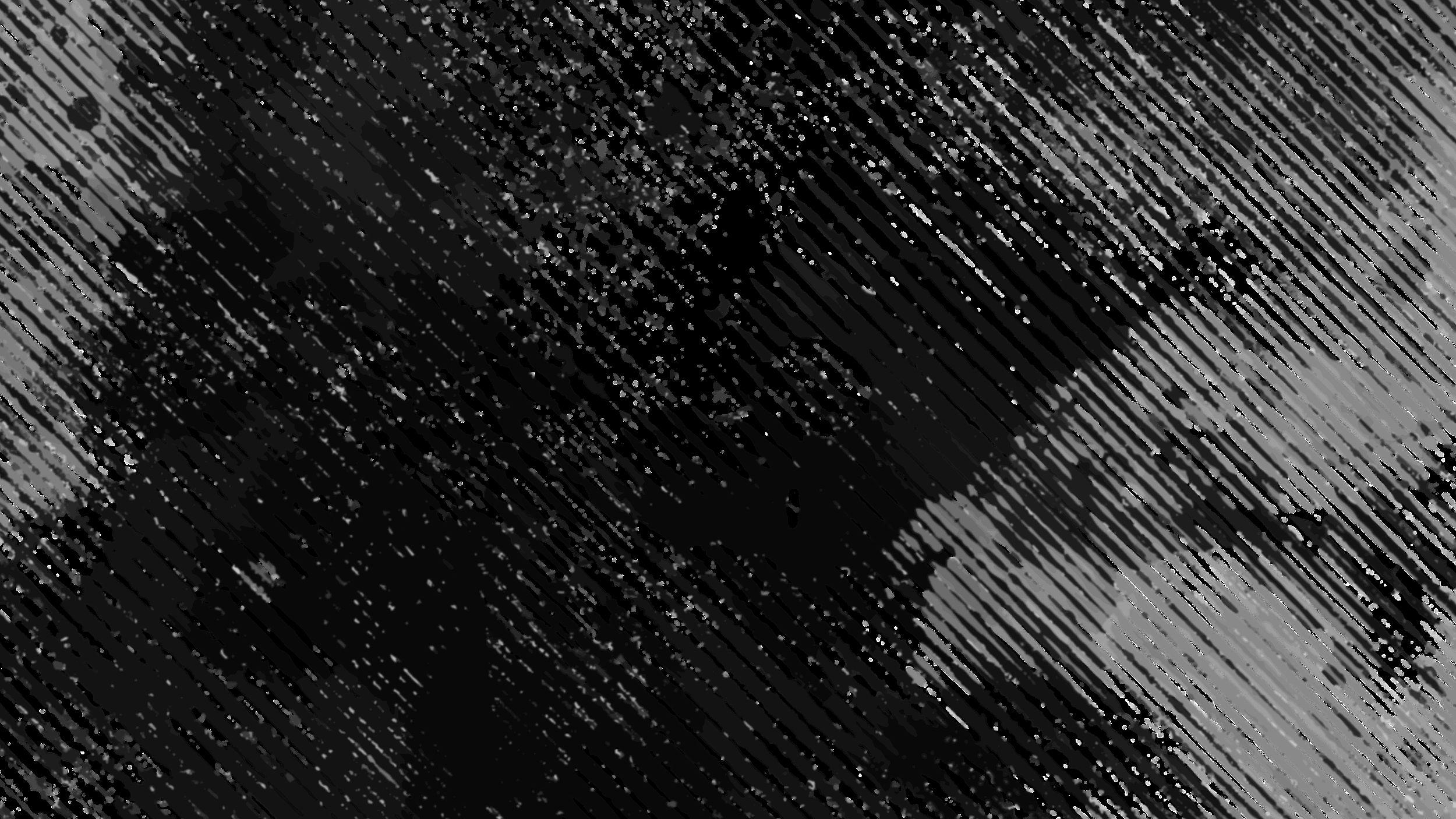 by Kelly Starling Lyons
by Kelly Starling Lyons
A black man’s journey to becoming the architect who designed the Smithsonian Museum of African American History and culture.

DISCOVER EXPLORE
Leah’s Pick:
ShakingThingsUp:14Young
WomenWhoChangedtheWorld by Susan Hood
Girls ages 6 - 13 that did amazing things for the world.
TheGirlWhoThoughtin Pictures:TheStoryofDr. TempleGrandin
by Julia Finley Mosca
Teri’sPick: RachelCarsonandHerBook
ThatChangedtheWorld
by Laurie Lawlor
Inspirational biography about Temple Grandin and her path. Using her disability, Autism, Grandin became a powerful voice in modern science. dynamic
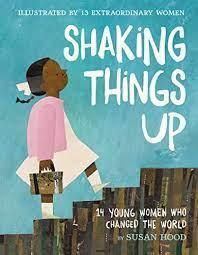
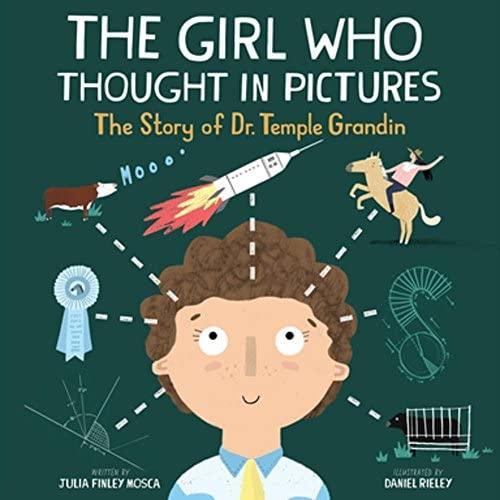
Rachel Carson wrote a book calledSilentSpringthat shared the effects of DDT on wild animals and birds which sparked an environmental movement.
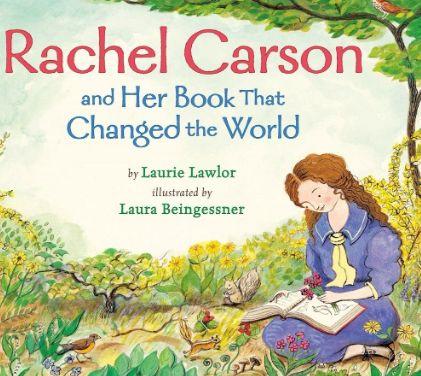
Notable Trade Texts
The Flying Girl: How Aida de Acosta Learned to Soar
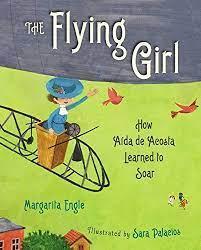 byMargaritaEngle
byMargaritaEngle
Firstwomantoflyamotorized aircraft.
Daredevil:TheDaringLifeof BettySkelton BreakingbyMeghanMcCarthybarriersinaviation.
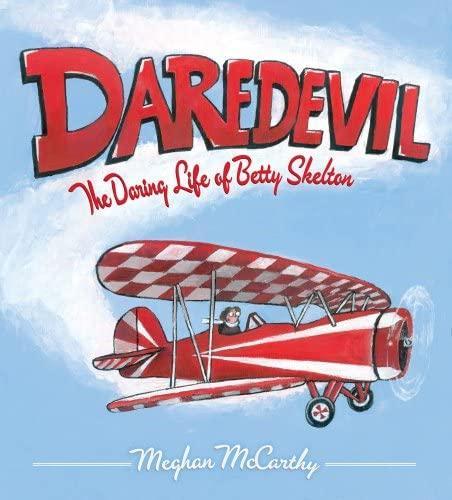
Shelley’sPick:
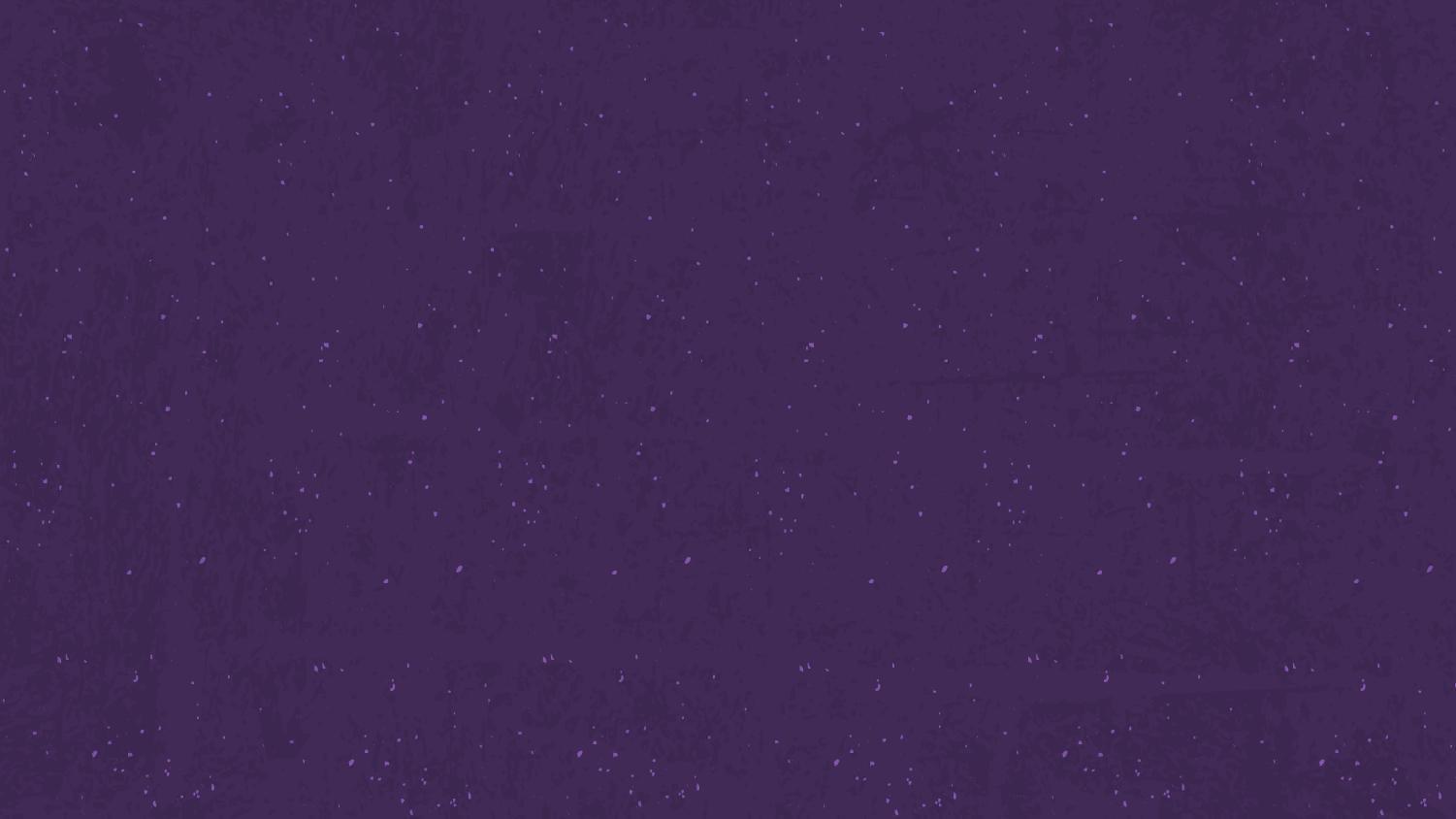
Innovative
ScienceSuperstars:30
BrilliantWomanWho ChangedtheWorld
by Jennifer Calvert
Shark Lady: The True Story of How Eugenie Clark Became The Ocean’s Most Fearless Scientist
 by Jess Keating
by Jess Keating
dynamic Innovative
Dinosaur Lady: The Daring Discoveries of Mary Anning, the First PaleontologistbyLindaSkeers
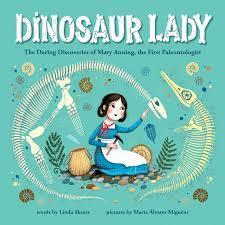
Notable Trade Texts
Melissa’s Pick:
ExemplaryEvidence:Scientists andtheirData by Jessica Fries-Gaither
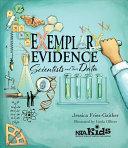

This inspirational book explains how a diverse group of men and women scientists use data to solve puzzles and teaches students how to collect data.
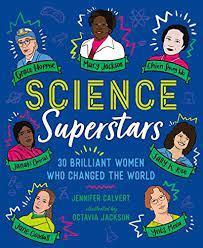
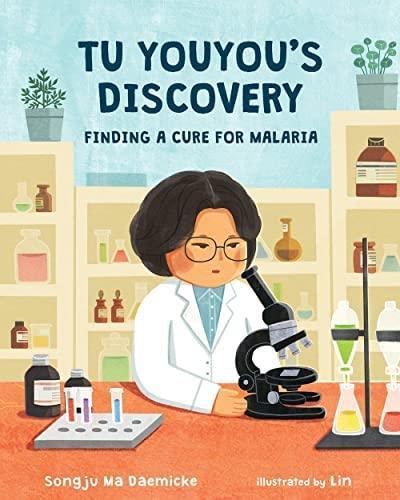 bySongjuMaDaemicke
bySongjuMaDaemicke
Tu Youyou’s Discovery: Finding a Cure for Malaria (She Made History)

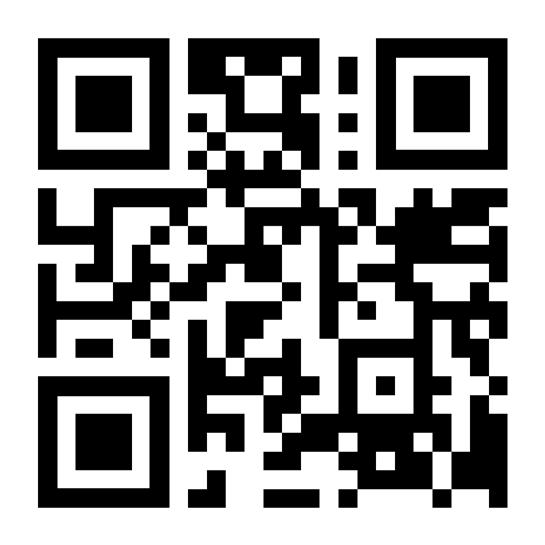

New Wisconsin Science COMING SOON! NEW 3–5 Wisconsin Social Studies! NEW PreK-5 Health and Wellness! • Aligned to Wisconsin Standards for Science • Personalized learning • Crosscutting concepts learn more at s-w.co/wisconsin
Now Accepting Applications
Miami University’s Project Dragonfly is accepting applications for 2023 Earth Expeditions graduate courses that offer extraordinary experiences at global field sites in 15 countries throughout Africa, Asia, Australia, and the Americas.
http://EarthExpeditions.MiamiOH.edu
Earth Expeditions can build toward the Global Field Program (GFP), a master’s degree that combines summer field courses worldwide with web learning communities so that students can complete the GFP master’s part-time from anywhere in the United States or abroad. Applications are now being accepted until January 28. Courses begin in May 2023. http://GFP.MiamiOH.edu
Project Dragonfly also offers the
Advanced Inquiry Program (AIP) master’s degree that combines web instruction from Miami University with face-toface experiential learning and field study through several AIP sites in the U.S. Applications for Miami’s 2023 cohorts are being now being accepted until February 28, with place-based experiences provided at zoos and botanical gardens in Chicago, Cincinnati, Cleveland, Denver, Detroit, Jacksonville, New York, San Diego, Seattle, and St. Louis. New for 2023: residents of the Detroit, Michigan, area can study at AIP’s newest site, Detroit Zoological Society, and earn Miami’s AIP master’s degree.
http://AIP.MiamiOH.edu
Graduate tuition for all programs is greatly reduced because of support from Miami University.
STEMscopes SCIENCE

Tour our digital science curriculum to see how we empower teachers through the 5E+IA instructional model and promote flexibility in planning and assessment.
STEMscopes DIVE-In ENGINEERING
Unleash your students’ creativity with DIVE-in Engineering, a curriculum where makerspace meets engineering design and being an engineer becomes a reality.
STEMscopes CODING
Powered by Bitsbox, STEMscopes Coding is an affordable, exciting way to teach your student how to build and share their own, personalized apps. The best part, teachers? No prior coding experience is required.
LEARN MORE
Scan the code to explore all our STEM programs.
Page 30 Spring WSST Newsletter
SCIENCE NEWS AND OPPORTUNITIES


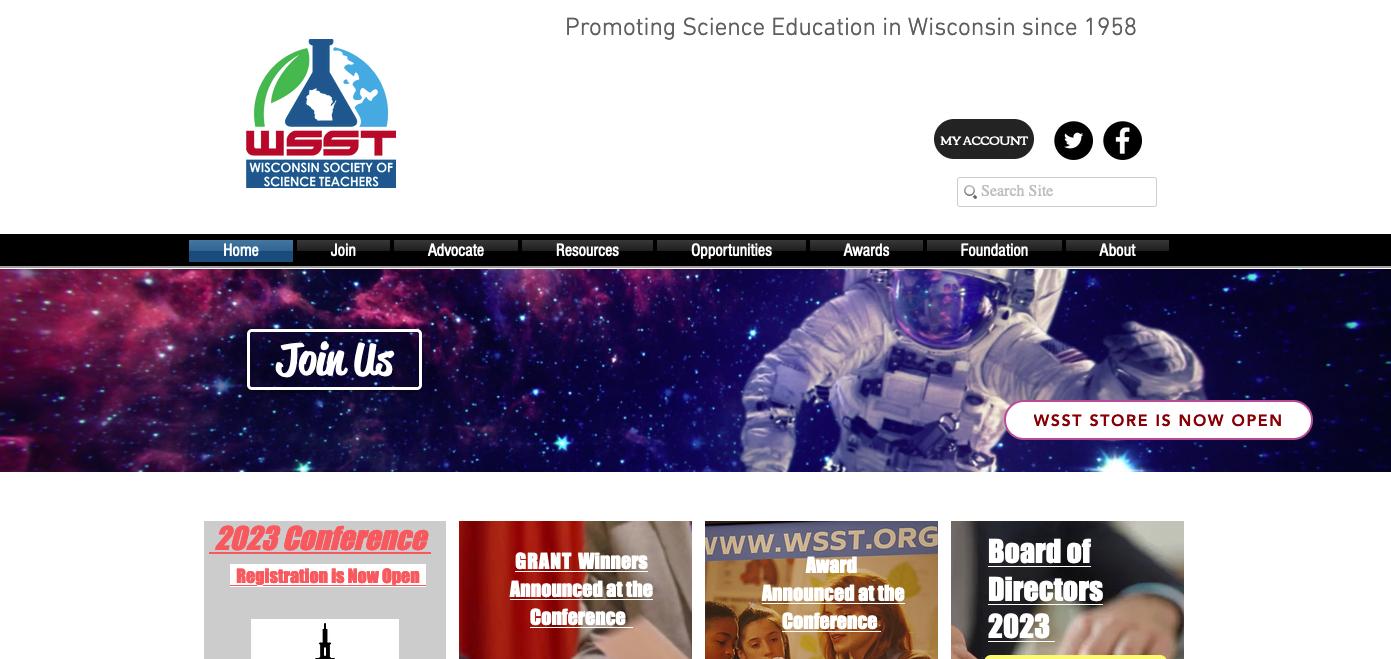
WSST’s Digital Presence www.twitter.com/wiscienceteach www.facebook.com/wiscienceteach/ www.wsst.org Fall WSST Newsletter Page 31
Spot the King of Planets: Observe Jupiter
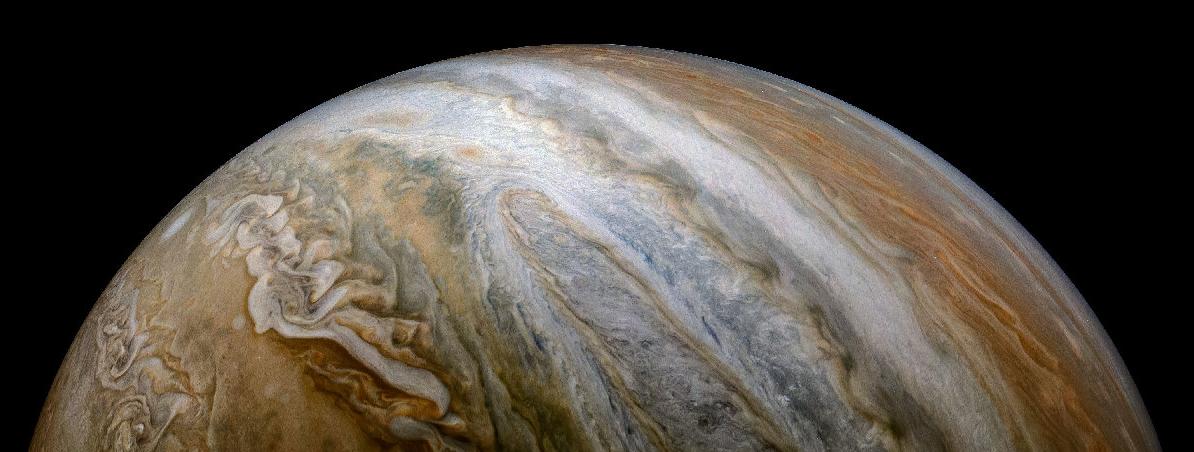
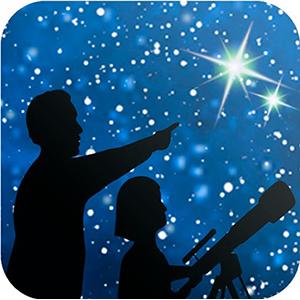 by David Prosper
by David Prosper
Jupiter is our solar system’s undisputed king of the planets! Jupiter is bright and easy to spot from our vantage point on Earth, helped by its massive size and banded, reflective cloud tops. Jupiter even possesses moons the size of planets: Ganymede, its largest, is bigger than the planet Mercury. What’s more, you can easily observe Jupiter and its moons with a modest instrument, just like Galileo did over 400 years ago.
Jupiter’s position as our solar system’s largest planet is truly earned; you could fit 11 Earths along Jupiter’s diameter, and in case you were looking to fill up Jupiter with some Earth-size marbles, you would need over 1300 Earths to fill it up – and that would still not be quite enough! However, despite its awesome size, Jupiter’s true rule over the outer solar system comes from its enormous mass. If you took all of the planets in our solar system and put them together they would still only be half as massive as Jupiter all by itself. Jupiter’s mighty mass has shaped the orbits of countless comets and asteroids. Its gravity can fling these tiny objects towards our inner solar system and also draw them into
itself, as famously observed in 1994 when Comet Shoemaker-Levy 9, drawn towards Jupiter in previous orbits, smashed into the gas giant’s atmosphere. Its multiple fragments slammed into Jupiter’s cloud tops with such violence that the fireballs and dark impact spots were not only seen by NASA’s orbiting Galileo probe, but also observers back on Earth! Jupiter is easy to observe at night with our unaided eyes, as well-documented by the ancient astronomers who carefully recorded its slow movements from night to night. It can be one of the brightest objects in our nighttime skies, bested only by the Moon, Venus, and occasionally Mars, when the red planet is at opposition. That’s impressive for a planet that, at its closest to Earth, is still over 365 million miles (587 million km) away. It’s even more impressive that the giant world remains very bright to Earthbound observers at its furthest distance: 600 million miles (968 million km)! While the King of Planets has a coterie of around 75 known moons, only the four large moons that Galileo originally observed in 1610 – Io, Europa, Ganymede, and Calisto – can be easily observed by Earth-based observers with very modest equipment. These are called, appropriately enough, the Galilean moons. Most tele-
Full Image Credit: NASA/JPL-Caltech/SwRI/MSSS; Processing: Kevin M. Gill, license: CC BY 2.0) creativecommons.org/licenses/by/2.0/ Source: https://apod.nasa.gov/apod/ap201123.html
Page 32 Spring WSST Newsletter
This stunning image of Jupiter’s cloud tops was taken by NASA’s Juno mission and processed by Kevin M. Gill. You too can create amazing images like this, all with publicly available data from Juno. Go to missionjuno.swri.edu/junocam to begin your image procession journey – and get creative!
scopes will show the moons as faint star-like objects neatly lined up close to bright Jupiter. Most binoculars will show at least one or two moons orbiting the planet. Small telescopes will show all four of the Galilean moons if they are all visible, but sometimes they can pass behind or in front of Jupiter, or even each other. Telescopes will also show details like Jupiter’s cloud bands and, if powerful enough, large storms like its famous Great Red Spot, and the shadows of the Galilean moons passing between the Sun and Jupiter. Sketching the positions of Jupiter’s moons during the course of an evening - and night to night – can be a rewarding project! You can download an activity guide from the Astronomical Society of the Pacific at bit.ly/drawjupitermoons
NASA’s Juno mission currently orbits Jupiter,
one of just nine spacecraft to have visited this awesome world. Juno entered Jupiter’s orbit in 2016 to begin its initial mission to study this giant world’s mysterious interior. The years have proven Juno’s mission a success, with data from the probe revolutionizing our understanding of this gassy world’s guts. Juno’s mission has since been extended to include the study of its large moons, and since 2021 the plucky probe, increasingly battered by Jupiter’s powerful radiation belts, has made close flybys of the icy moons Ganymede and Europa, along with volcanic Io. In 2024 NASA will launch the Europa Clipper mission to study this world and its potential to host life inside its deep subsurface oceans in much more detail. Find the latest discoveries from Juno and NASA’s missions at nasa.gov
Look for Jupiter as it forms one of the points of a celestial triangle, along with Venus and a very thin crescent Moon, the evening of February 22, 2023. This trio consists of the brightest objects in the sky – until the Sun rises! Binoculars may help you spot Jupiter’s moons as small bright starlike objects on either side of the planet. A small telescope will show them easily, along with Jupiter’s famed cloud bands. How many can you count? Keep watching Jupiter and Venus as the two planets will continue to get closer together each night until they form a close conjunction the night of March 1. Image created with assistance from Stellarium.
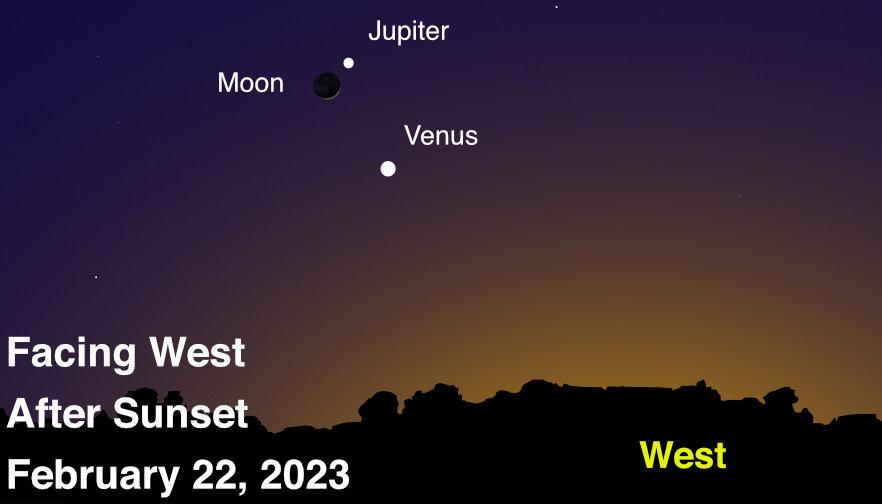
Spring WSST Newsletter Page 33
WSST Newsletter
192 Depot Road
Cambridge, WI 53523
ADDRESS SERVICE REQUESTED
Volume 64, No. 3
Published in Appleton, Wisconsin
Editing & Layout: Brian Bartel
Publisher: Kevin Niemi
DUES
EXPIRE ON DATE PRINTED
Submissions to the Newsletter
If you wish to contribute to the WSST Newsletter or place an advertisement, please forward items to Newsletter Editor, Brian Bartel, Morgan Building, 120 East Harris St, Appleton, WI 54911. The preferred method of submission is by e-mail at newsletter@wsst.org. Please send as text or Microsoft Word Document.
For advertising rates, visit www.wsst.org/newsletter
Join us or check your account

Stay informed and get connected with the largest professional society for teachers of science in Wisconsin. Regular Membership in WSST is only $25 per year, Retired teacher annual membership is $15.00, and Student annual membership is $10.00. Visit www.wsst.org/join to join today.

To check on your WSST account, change your address or school, visit www.wsst.org and click on My Account.
WSST Calendar
2023 Conference, Madison March 9-11, 2023
WSST Spring Board Meeting March 11, 2023
WSST Summer Board Meeting
Prairie Springs Env. Ed. Center
Genesee Depot, WI June 20-22, 2023
2022-2023 Newsletter Deadlines
Fall: Friday, August 26, 2022
Winter*: Friday, November 11, 2022
Spring*: Friday, January 20, 2023
Summer*: Friday, April 7, 2023
*These will be digital issues only
More WSST Information can be found at www.wsst.org
 By Corinne Michor & Patrick Mootz
By Corinne Michor & Patrick Mootz











































































 by Kelly Starling Lyons
by Kelly Starling Lyons




 byMargaritaEngle
byMargaritaEngle


 by Jess Keating
by Jess Keating



 bySongjuMaDaemicke
bySongjuMaDaemicke








 by David Prosper
by David Prosper

